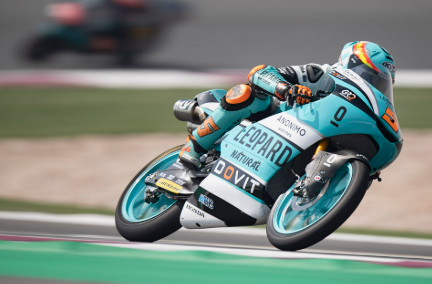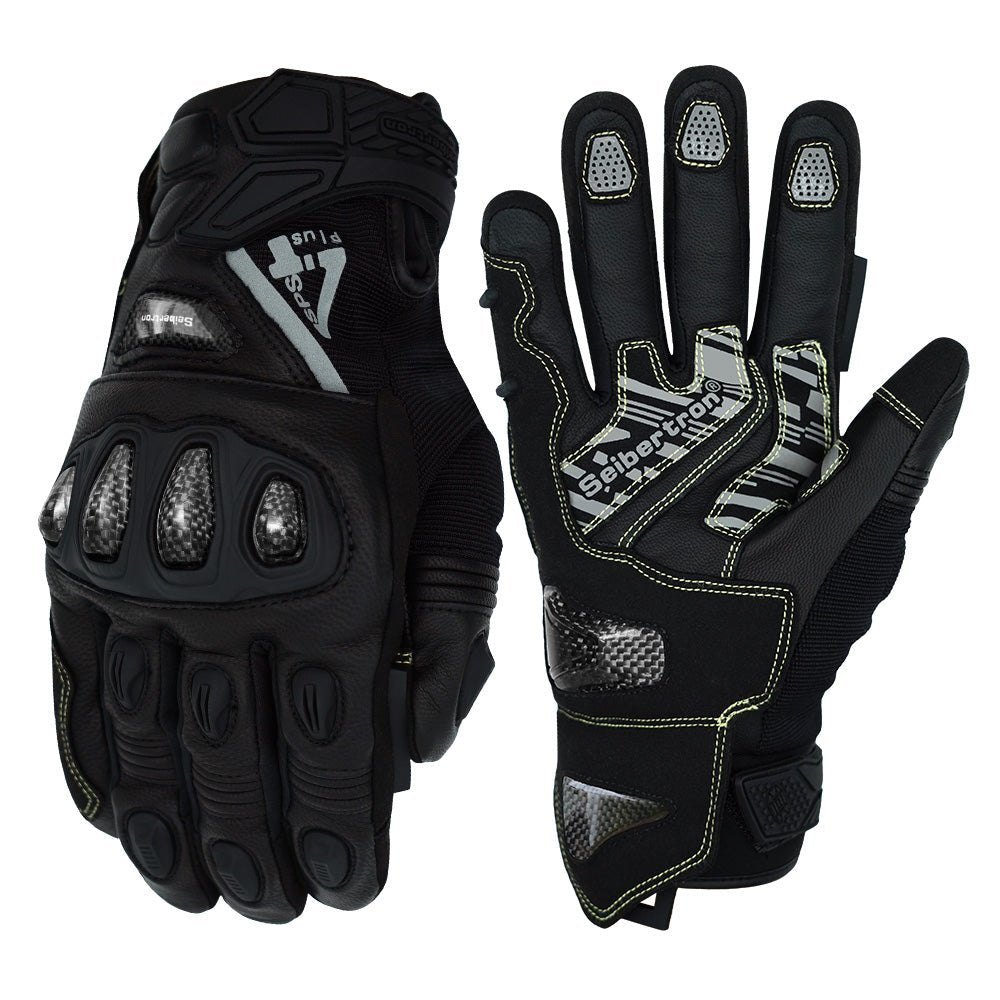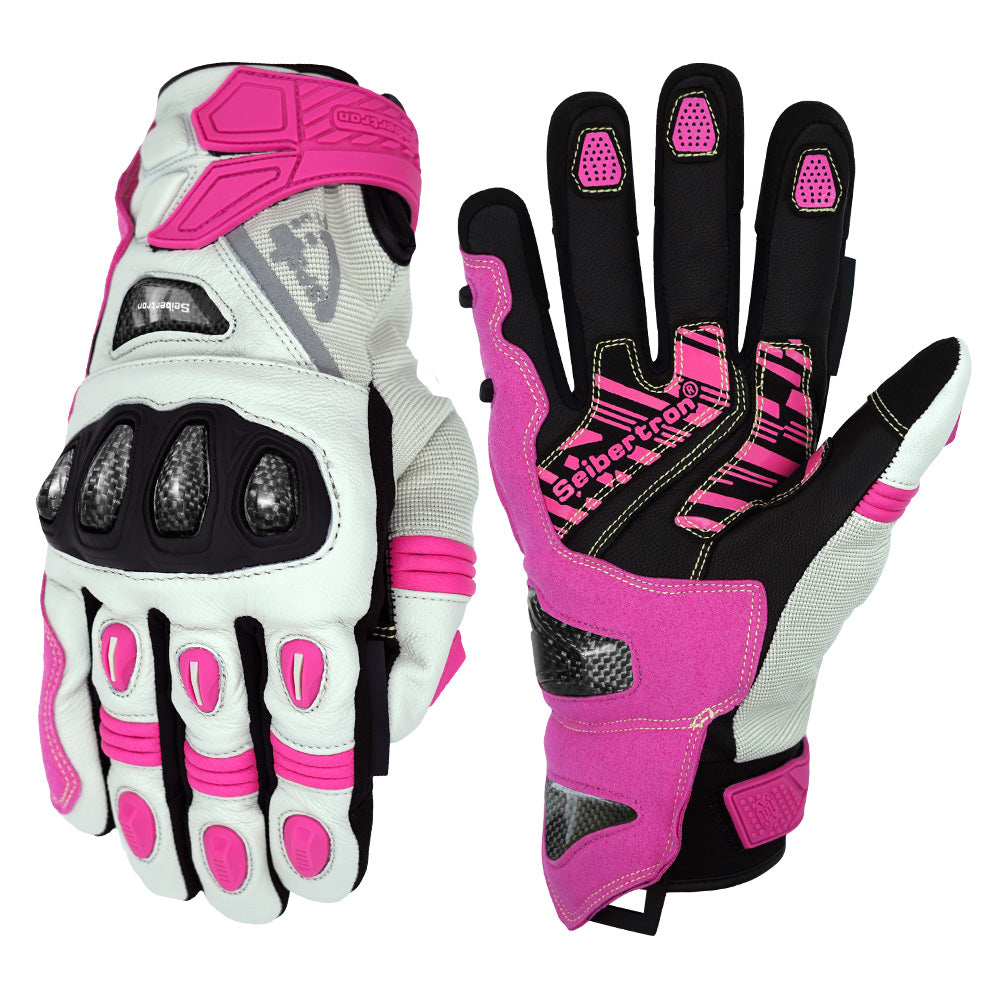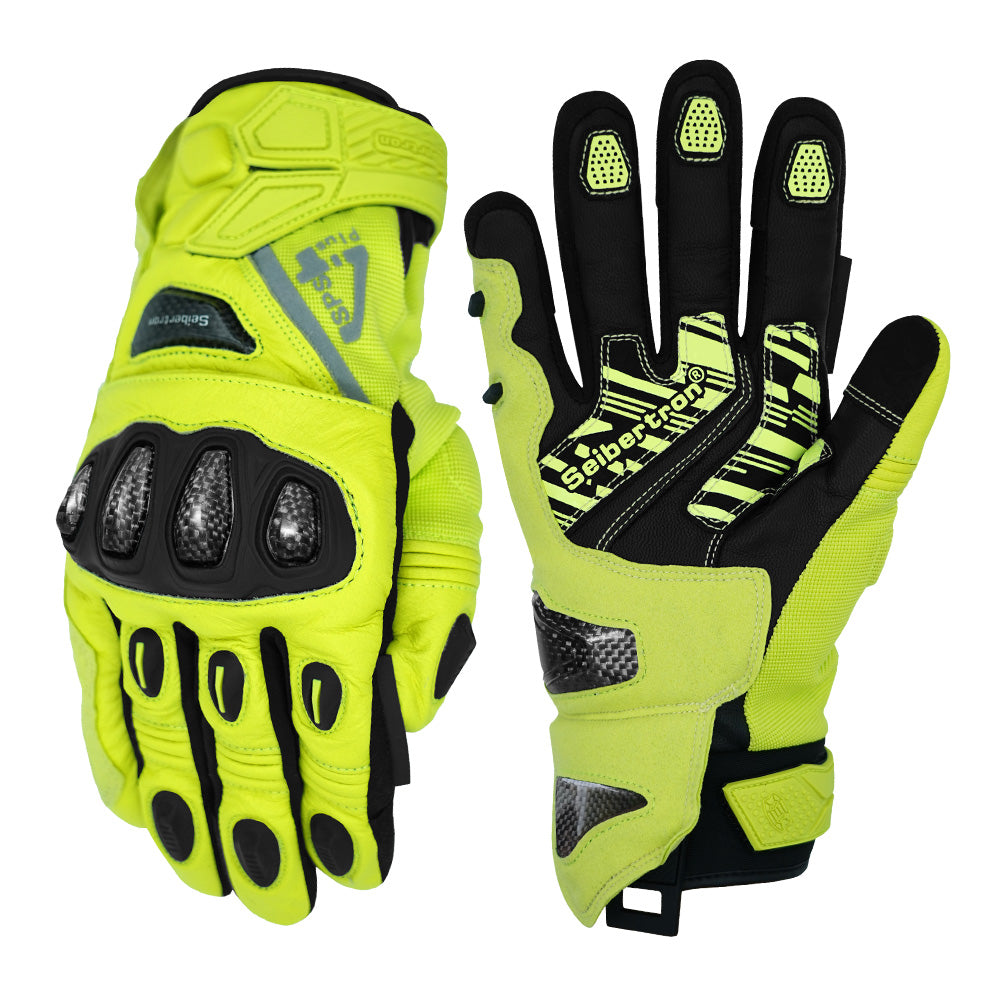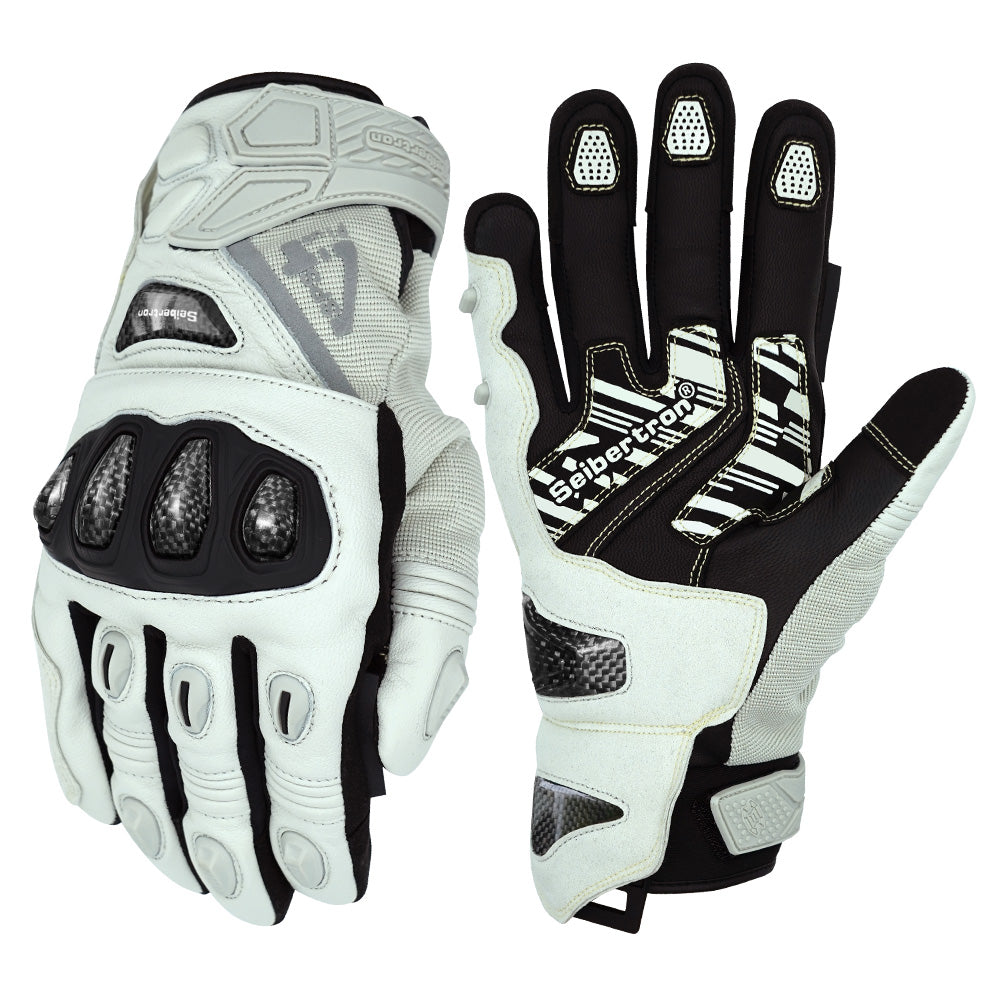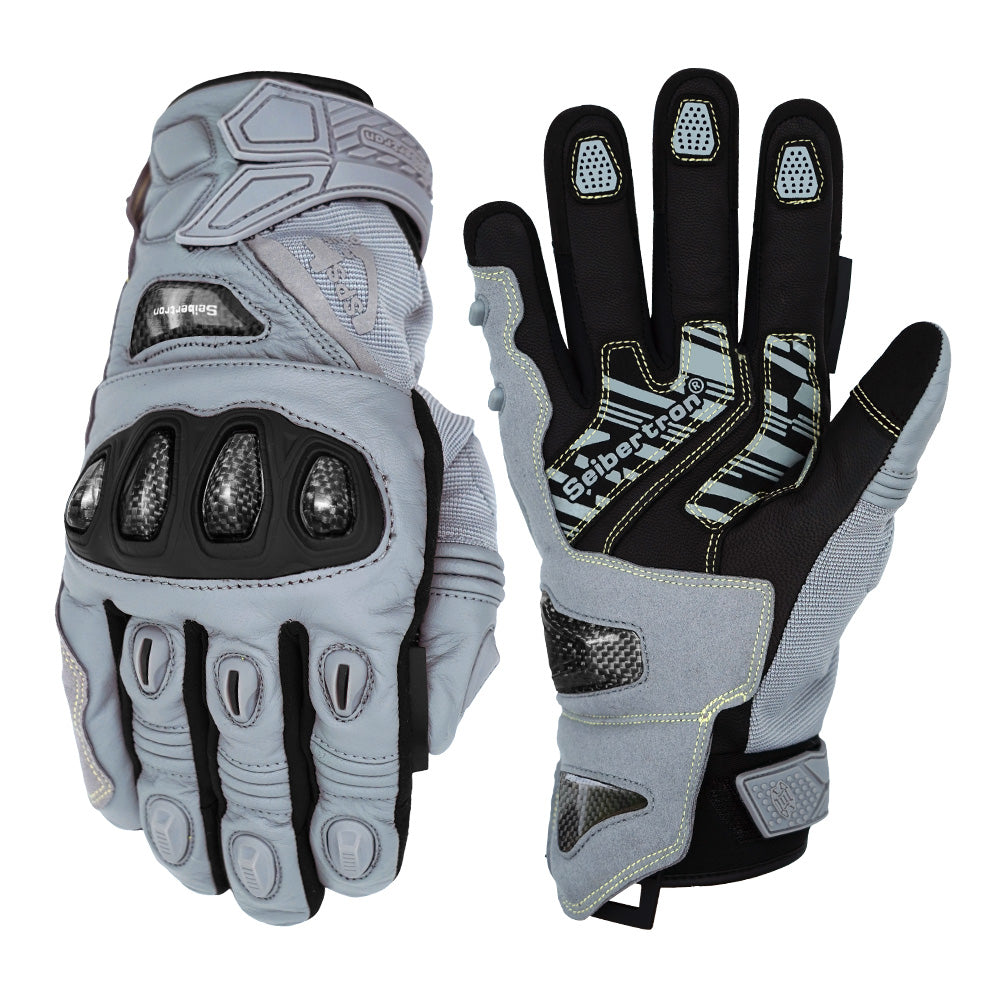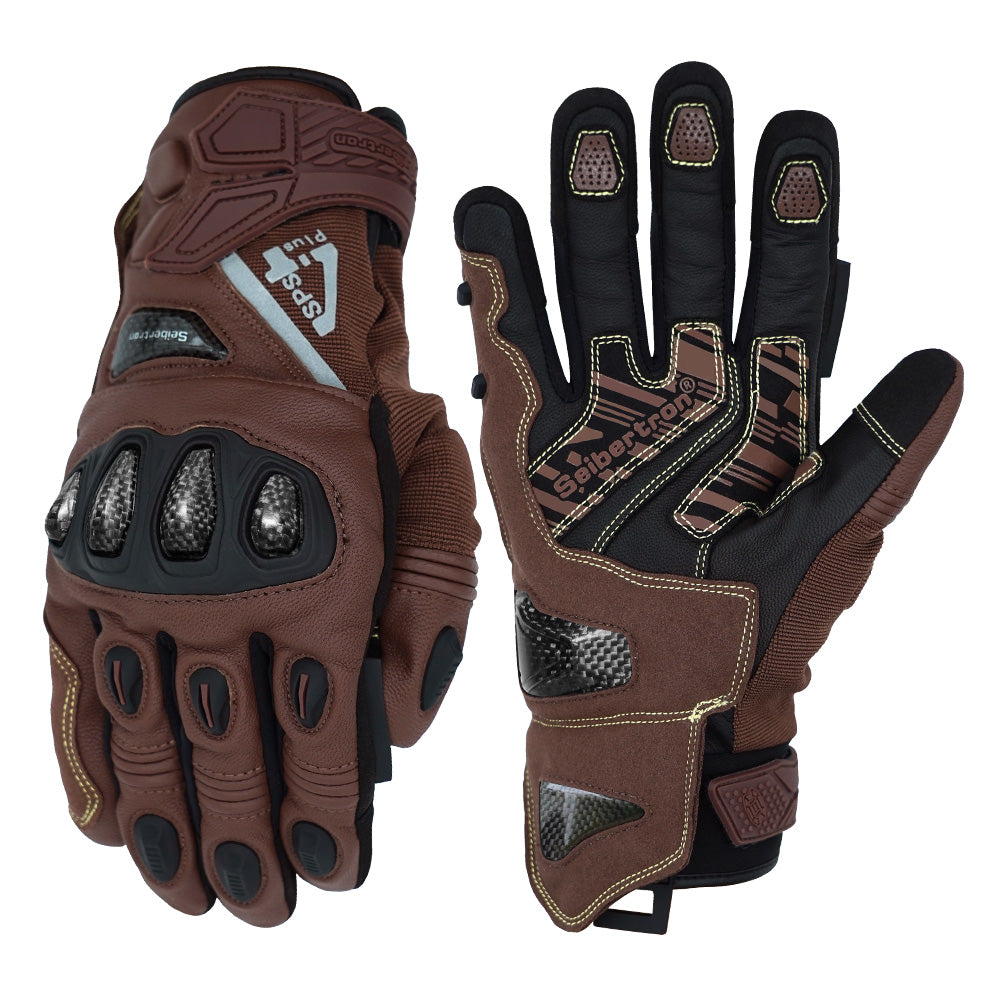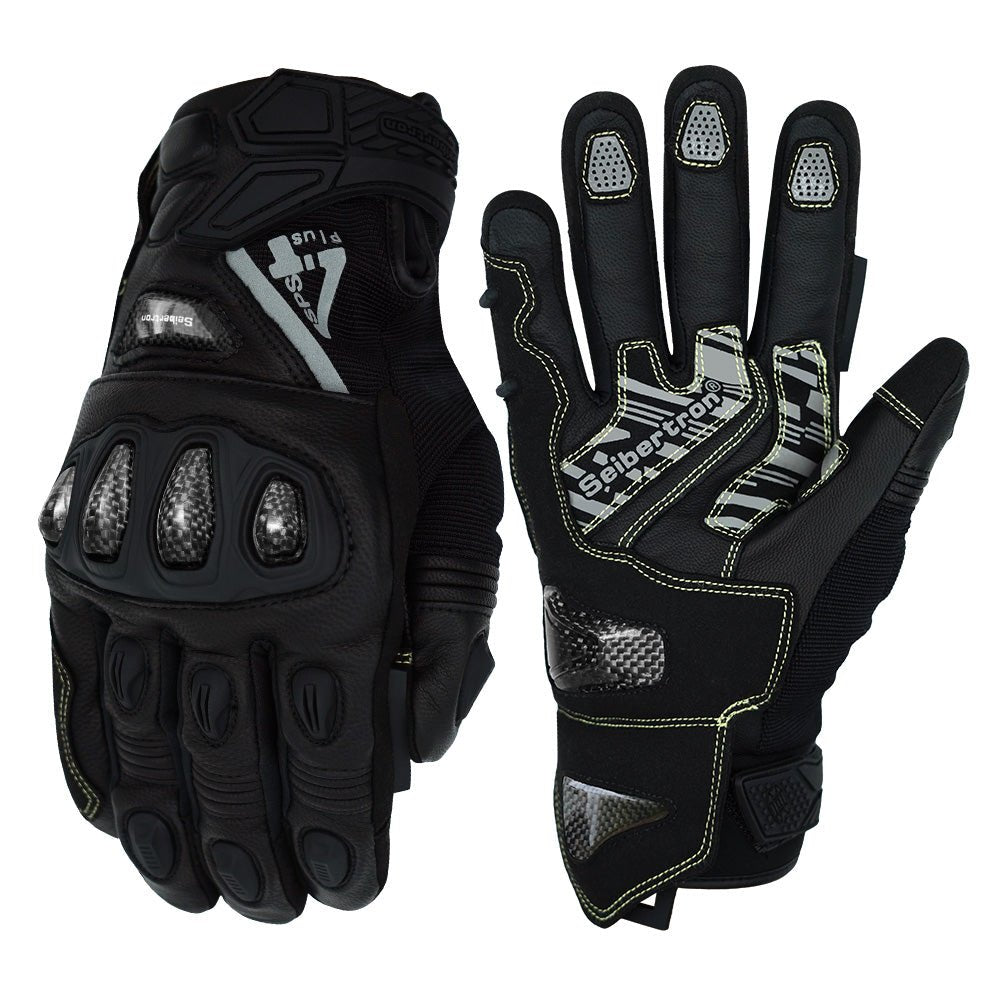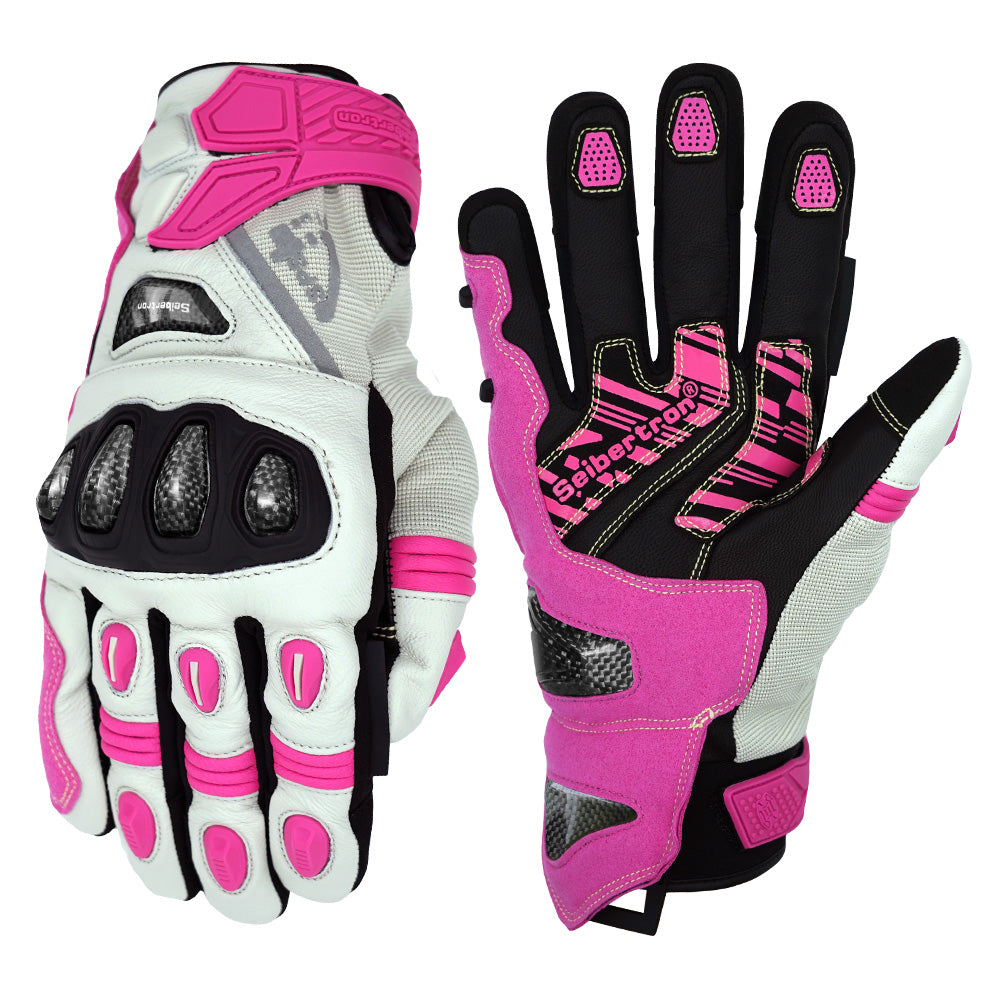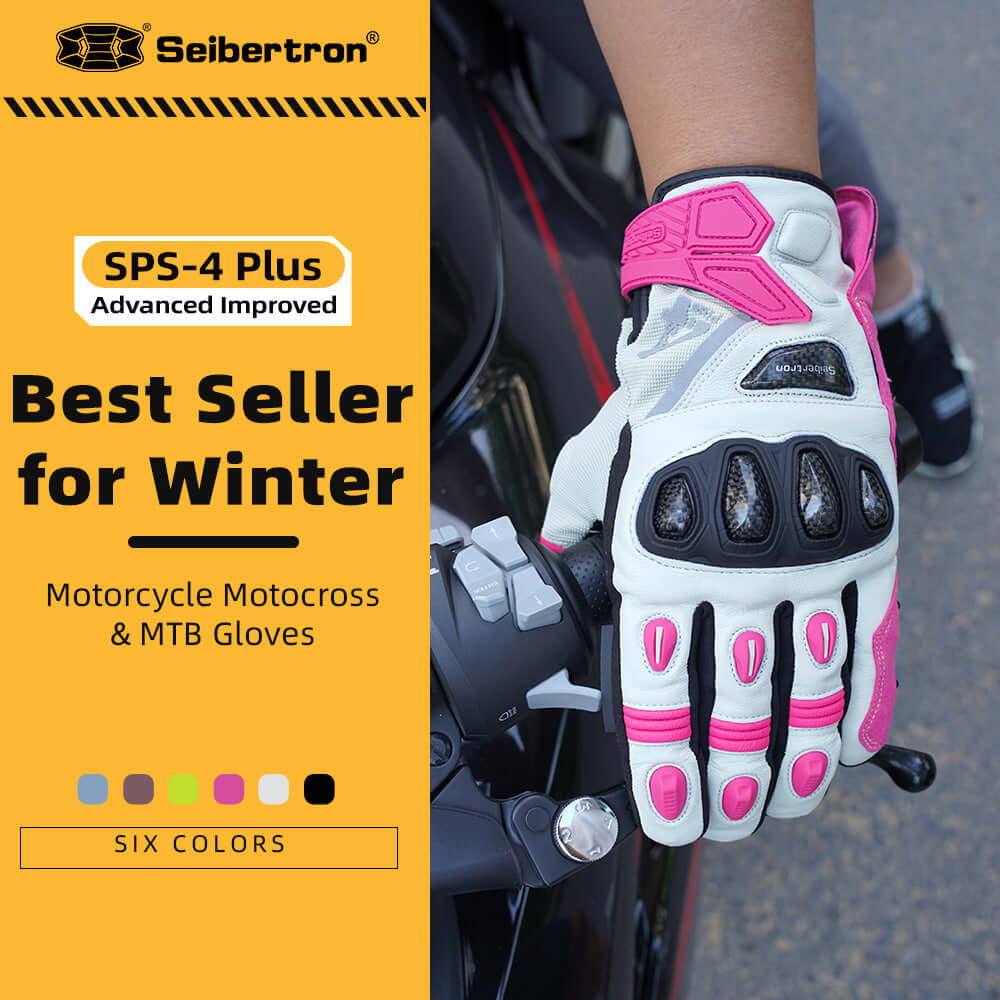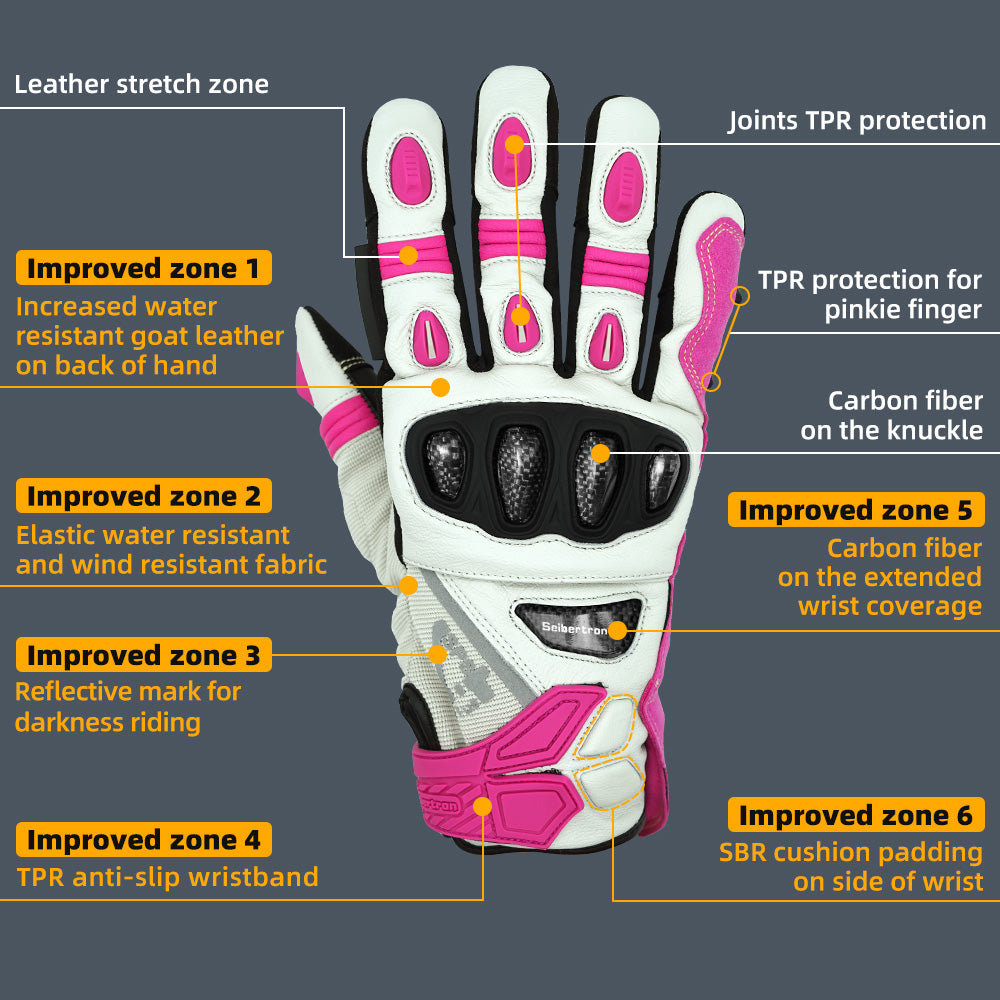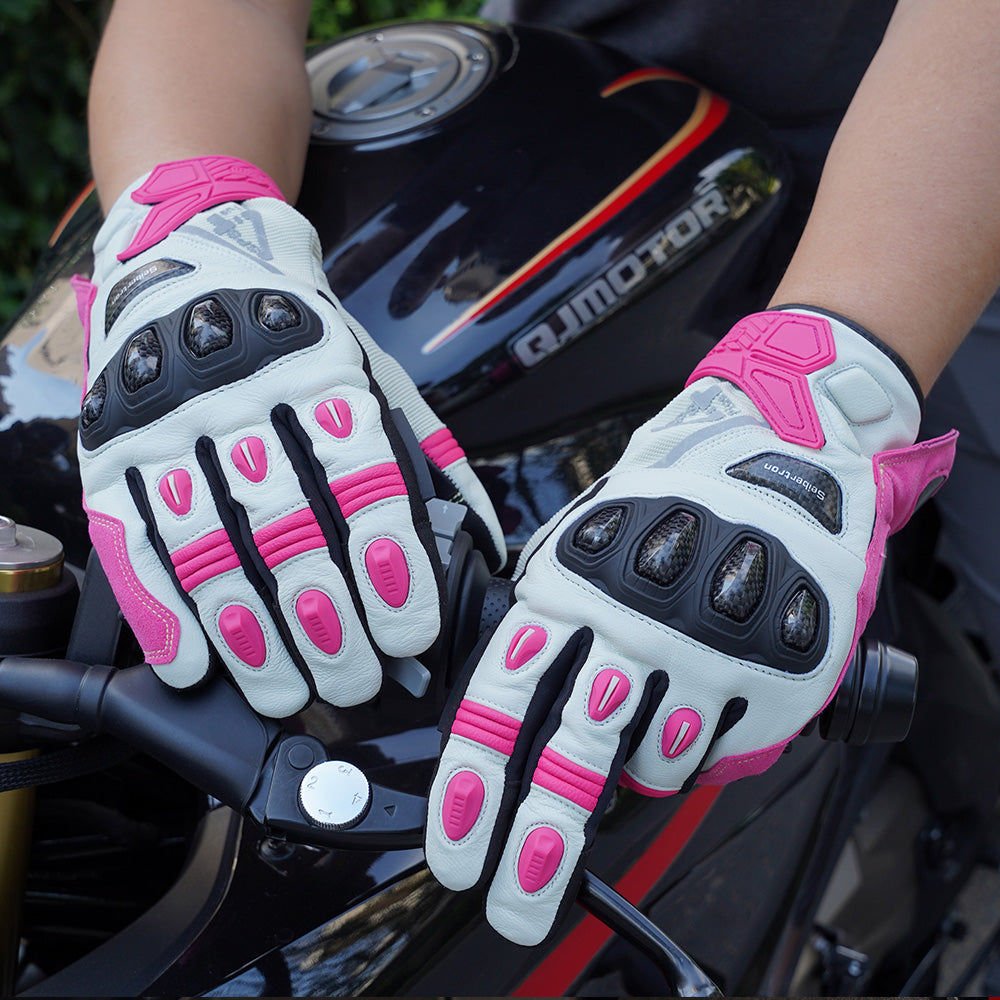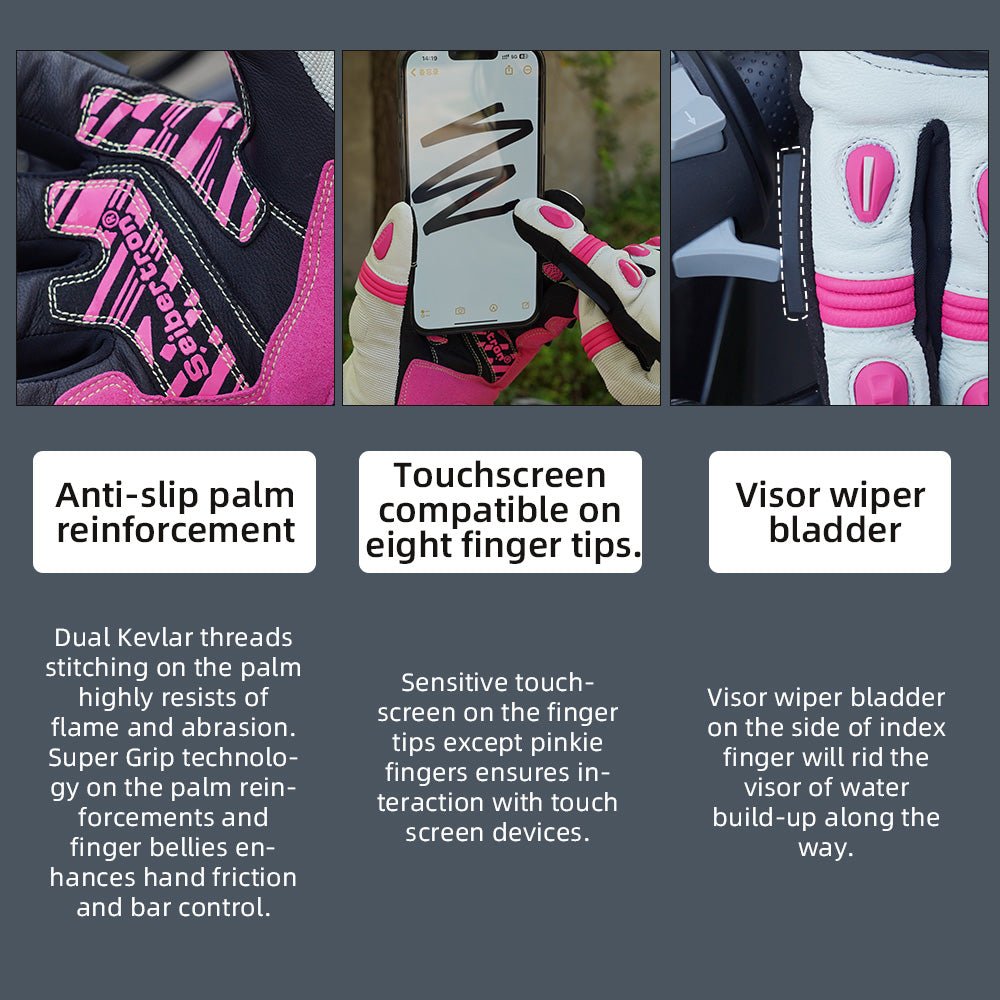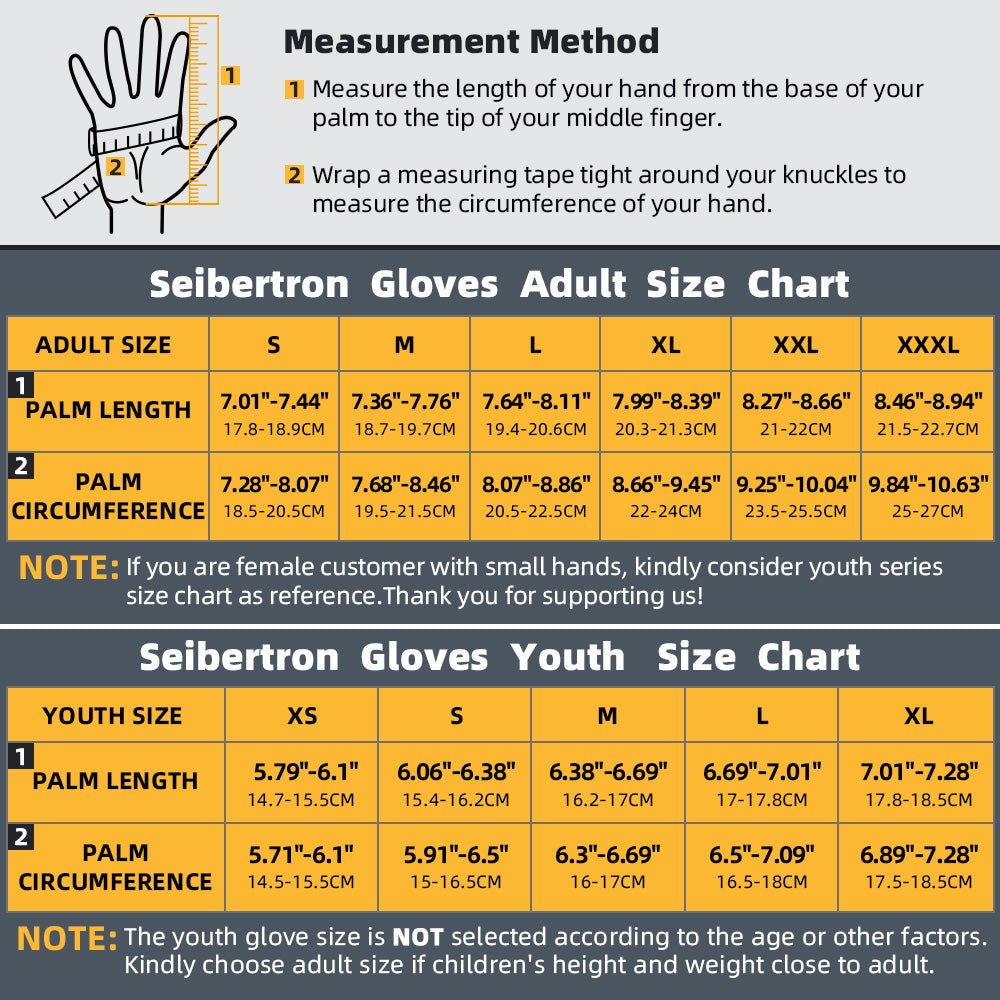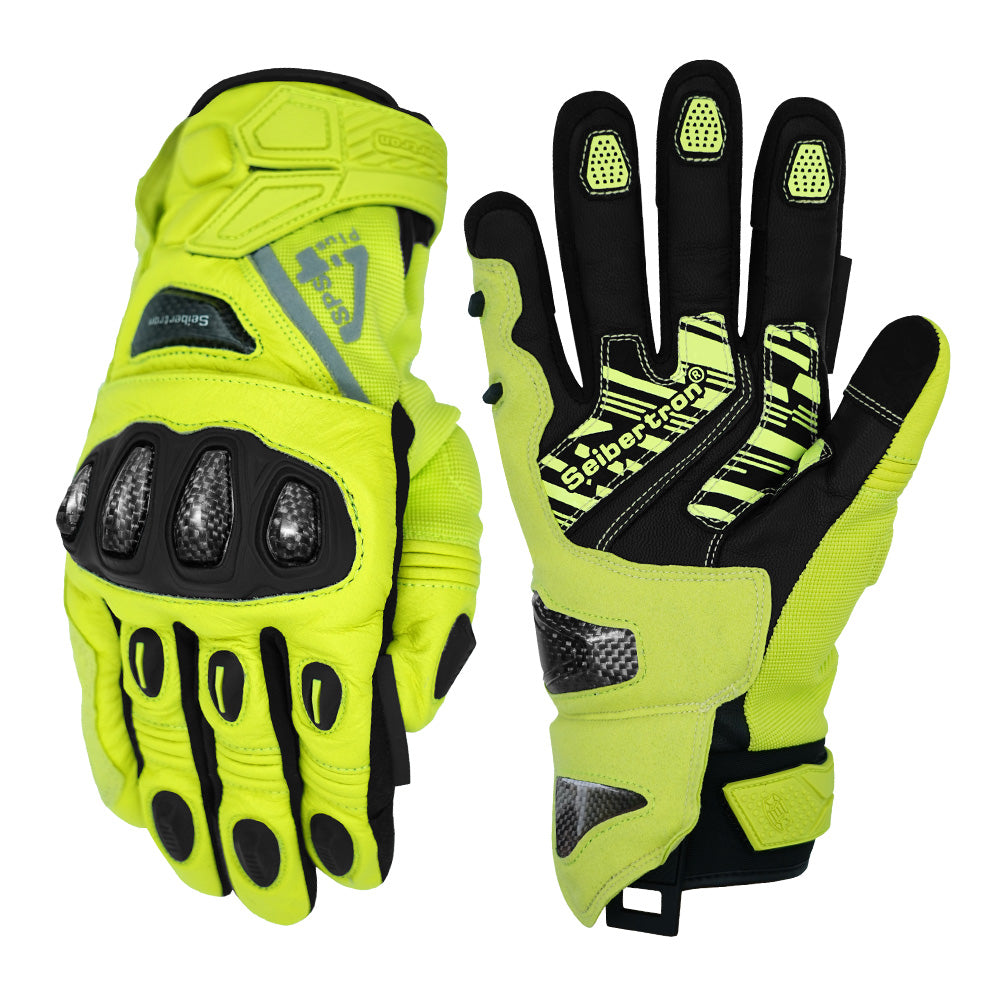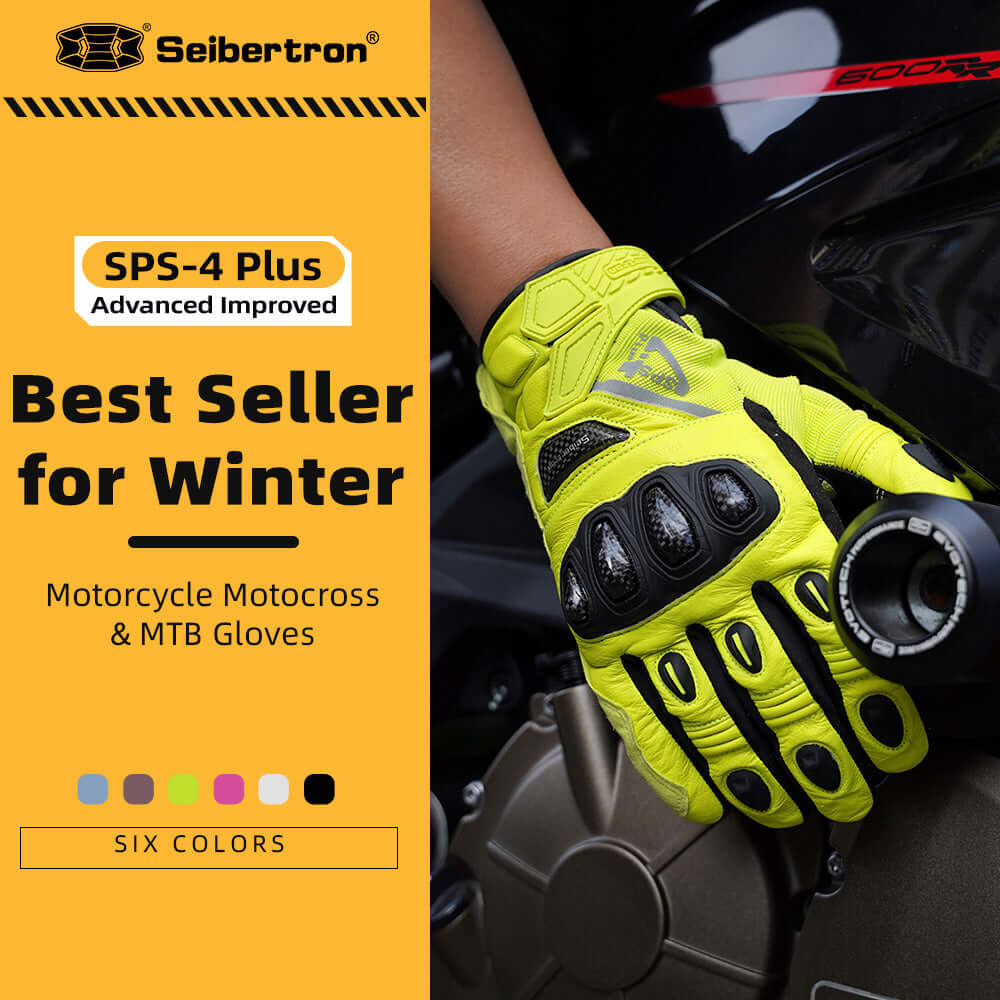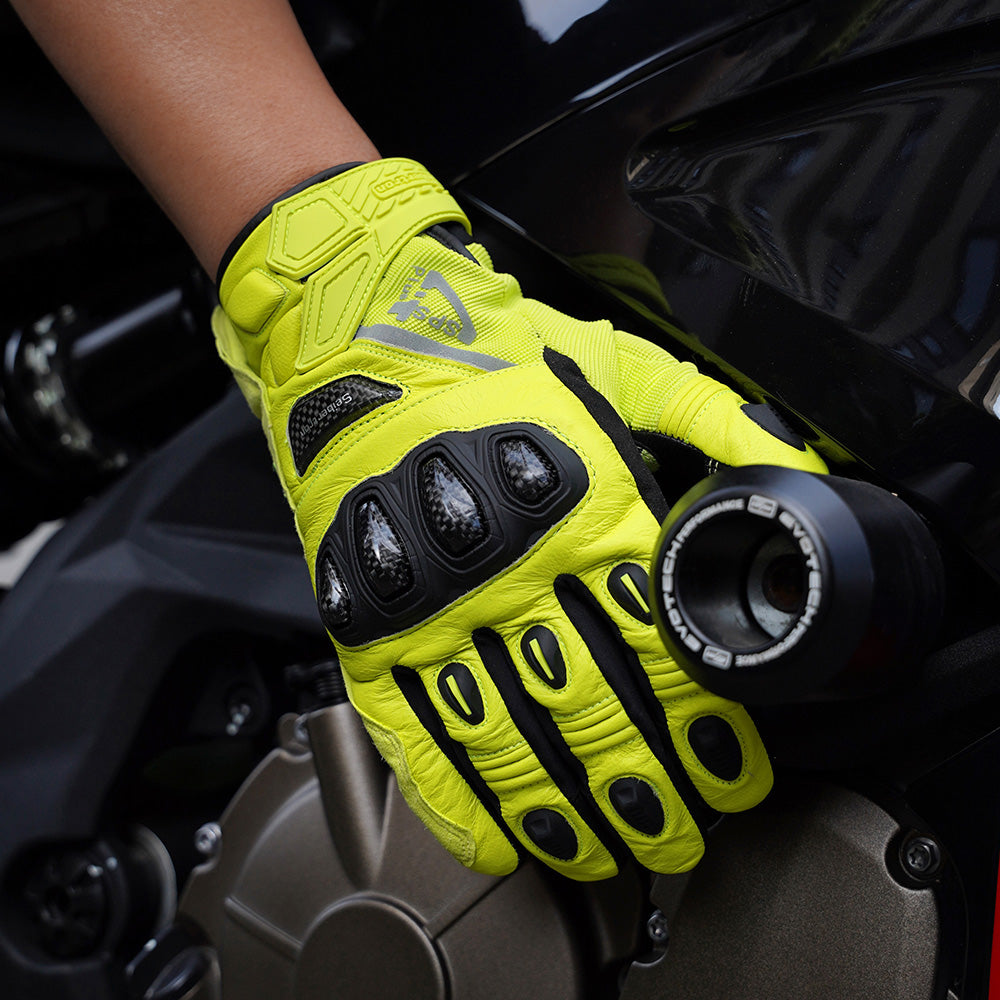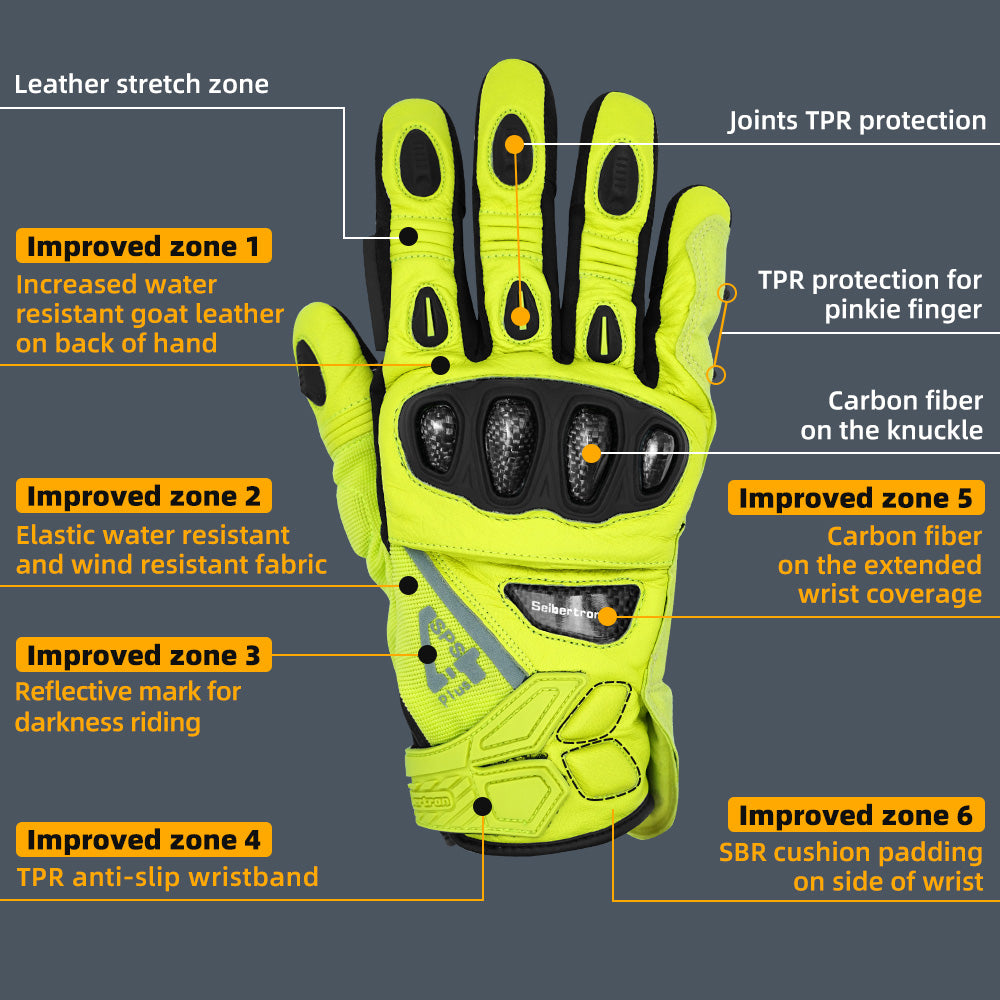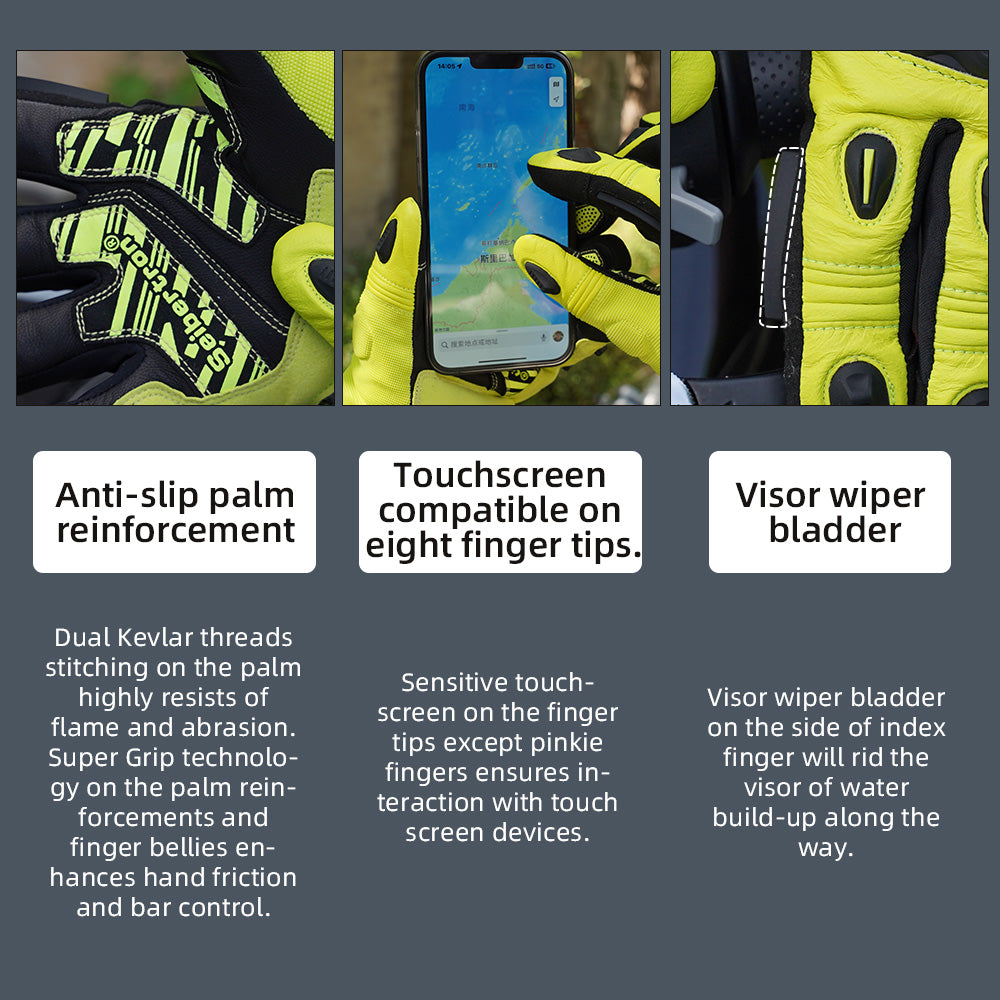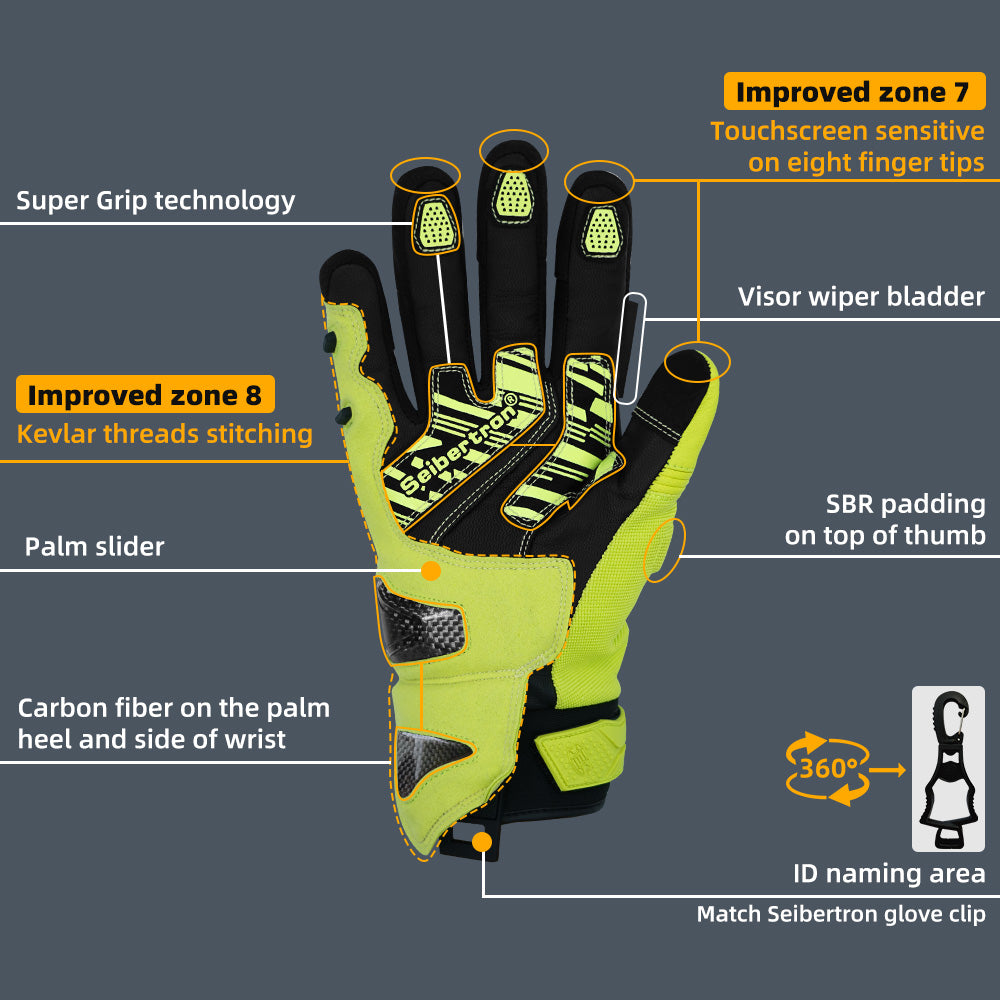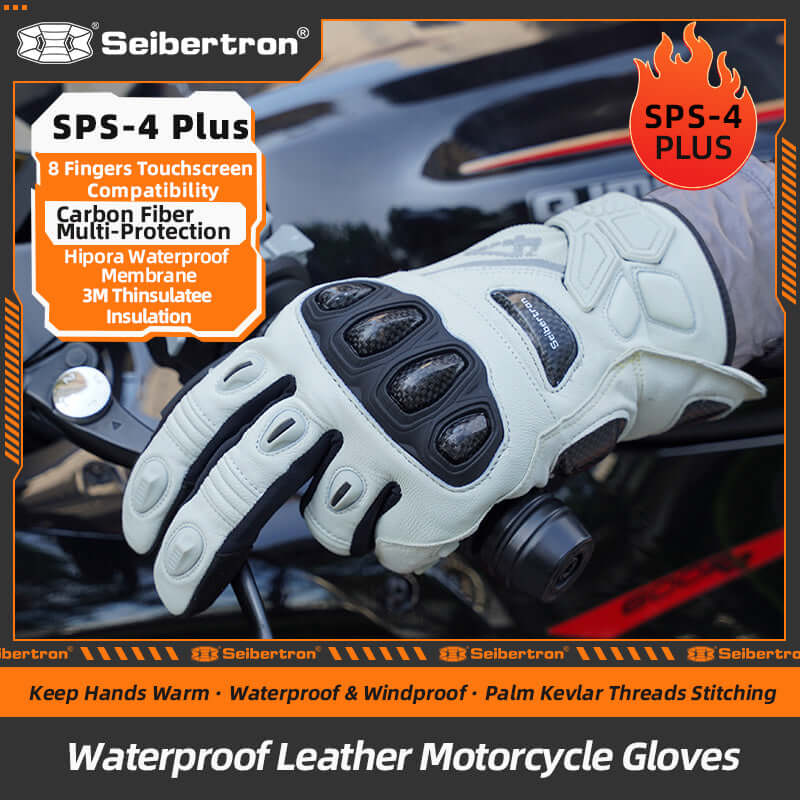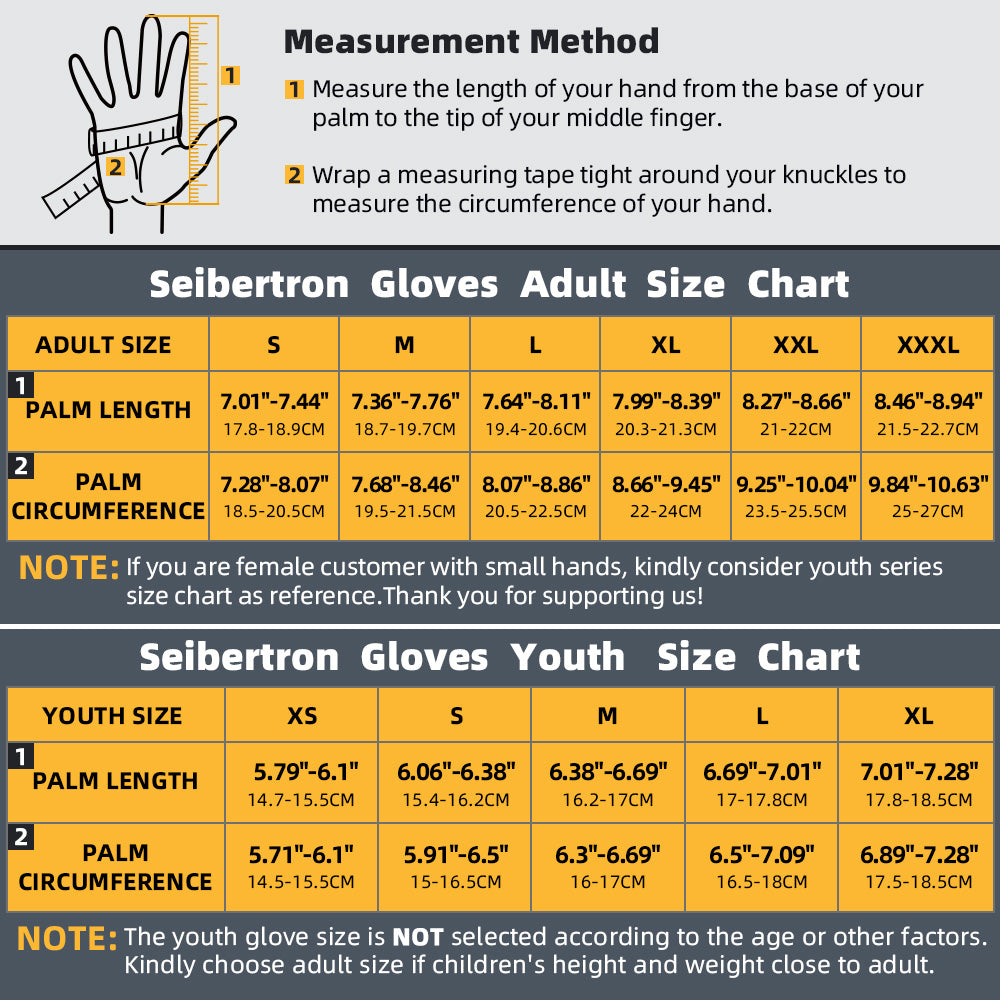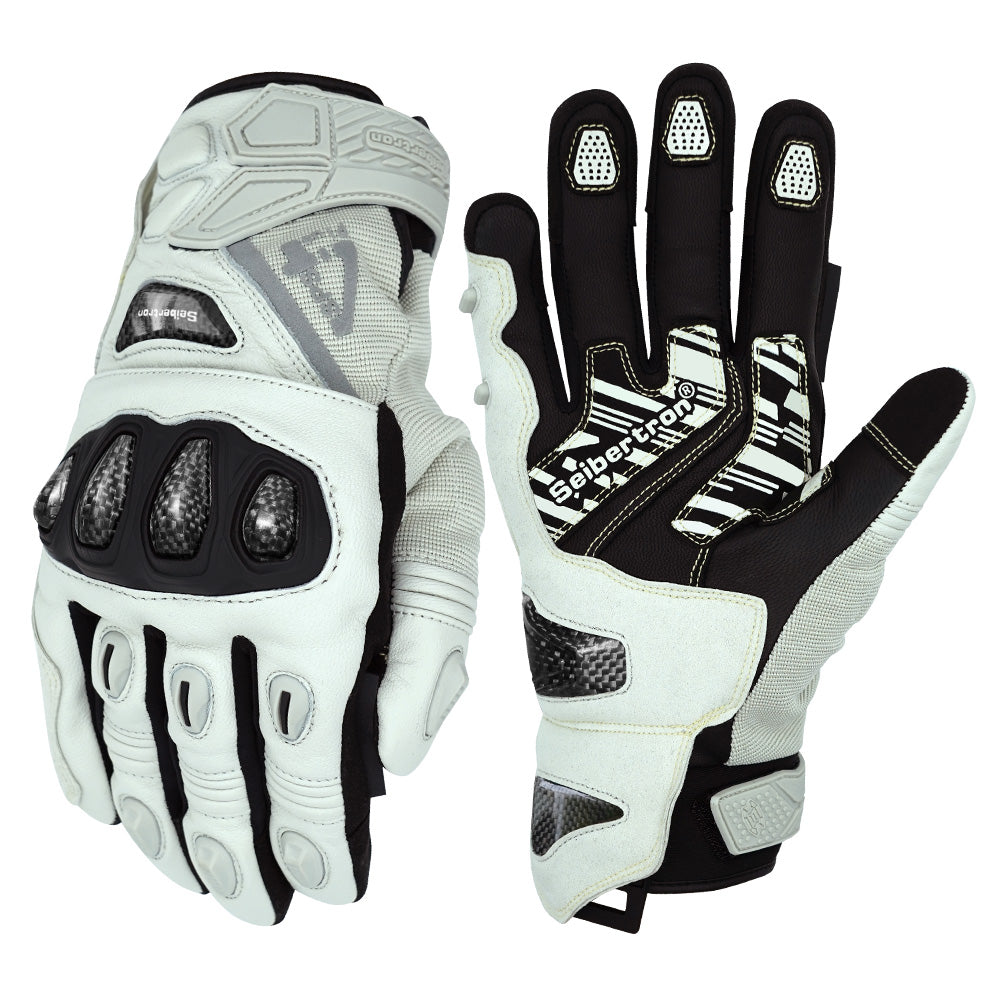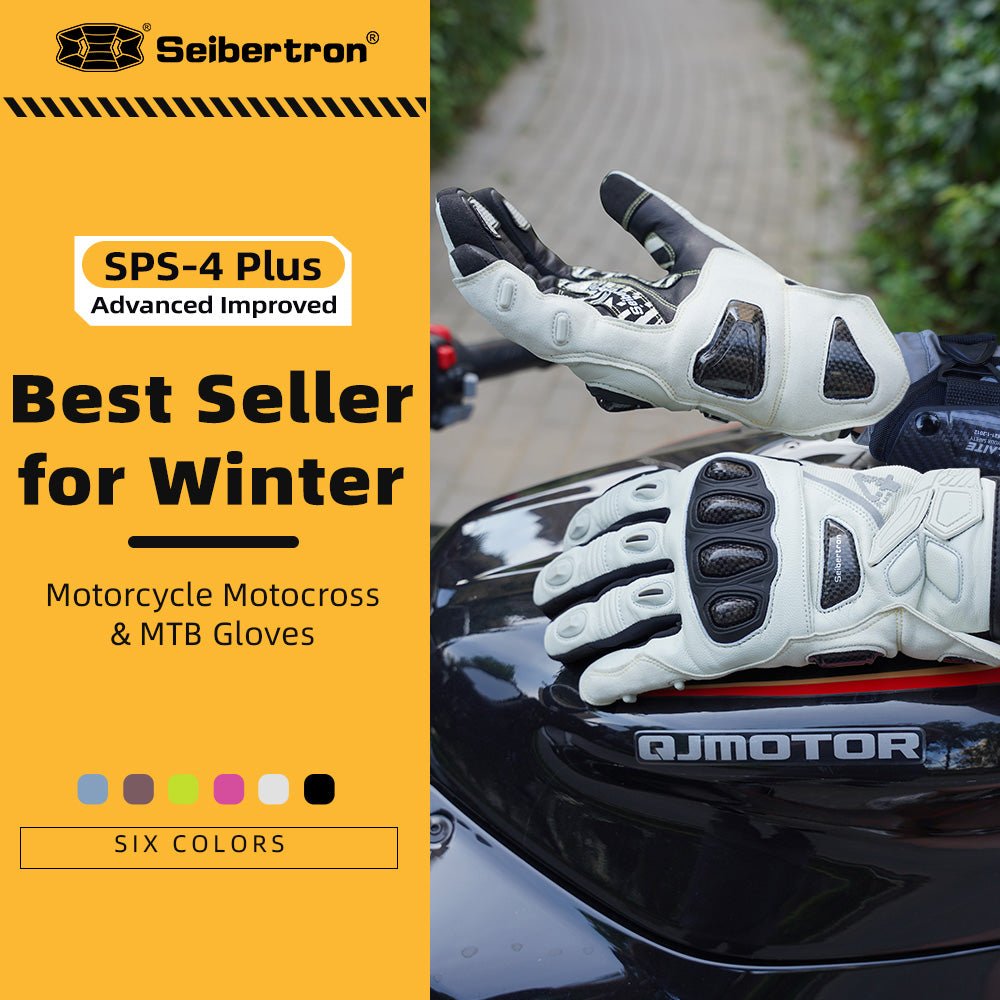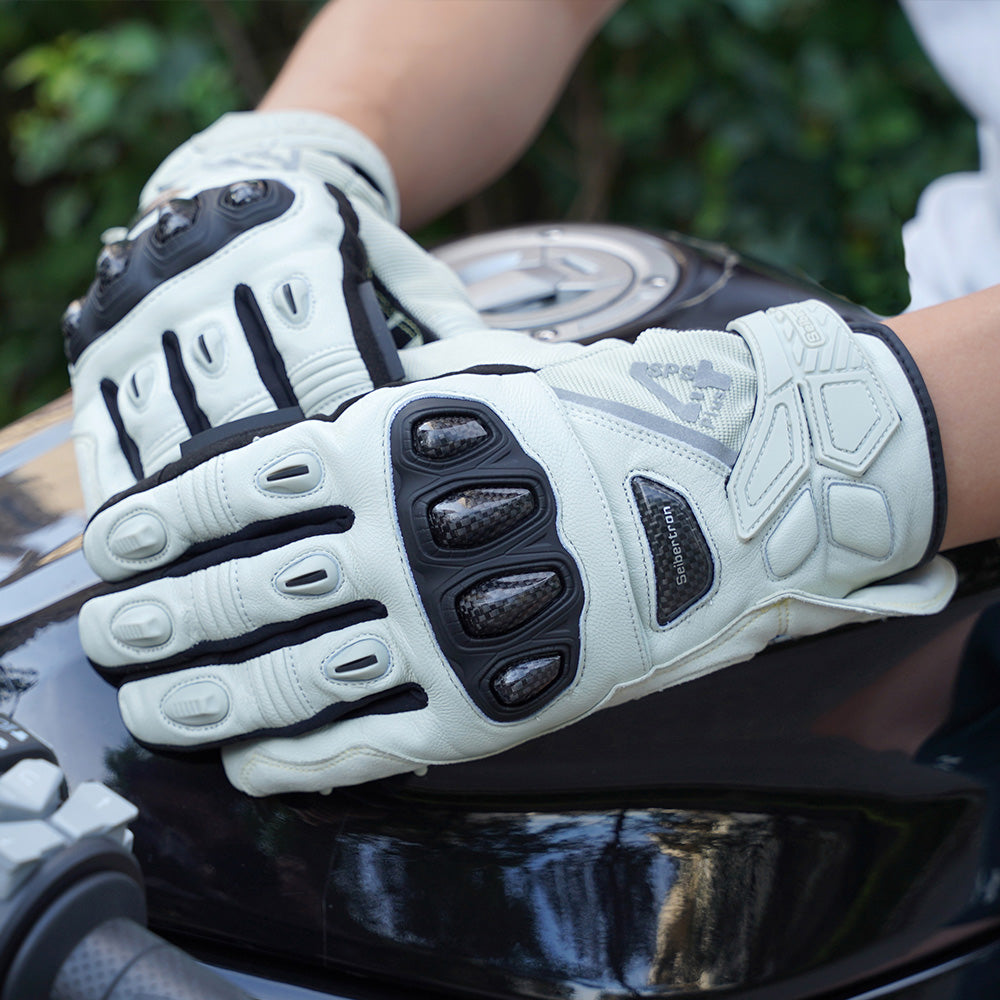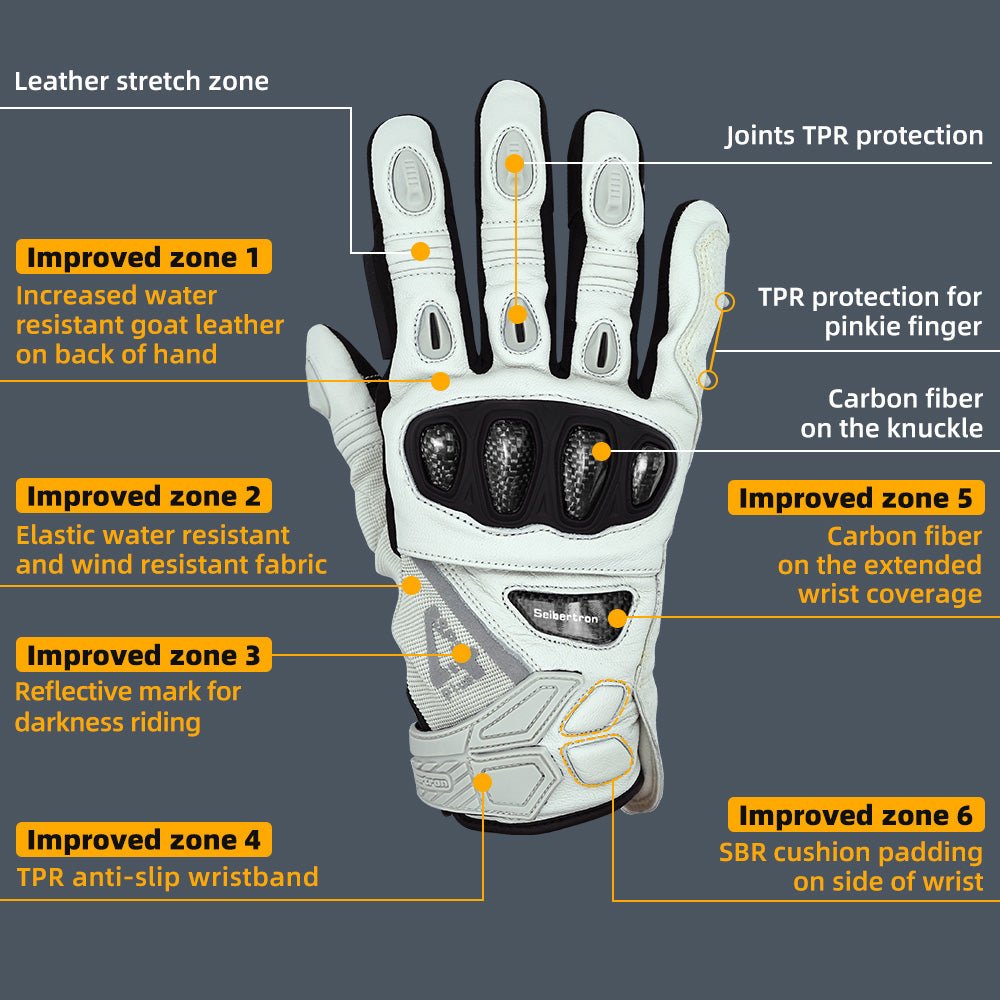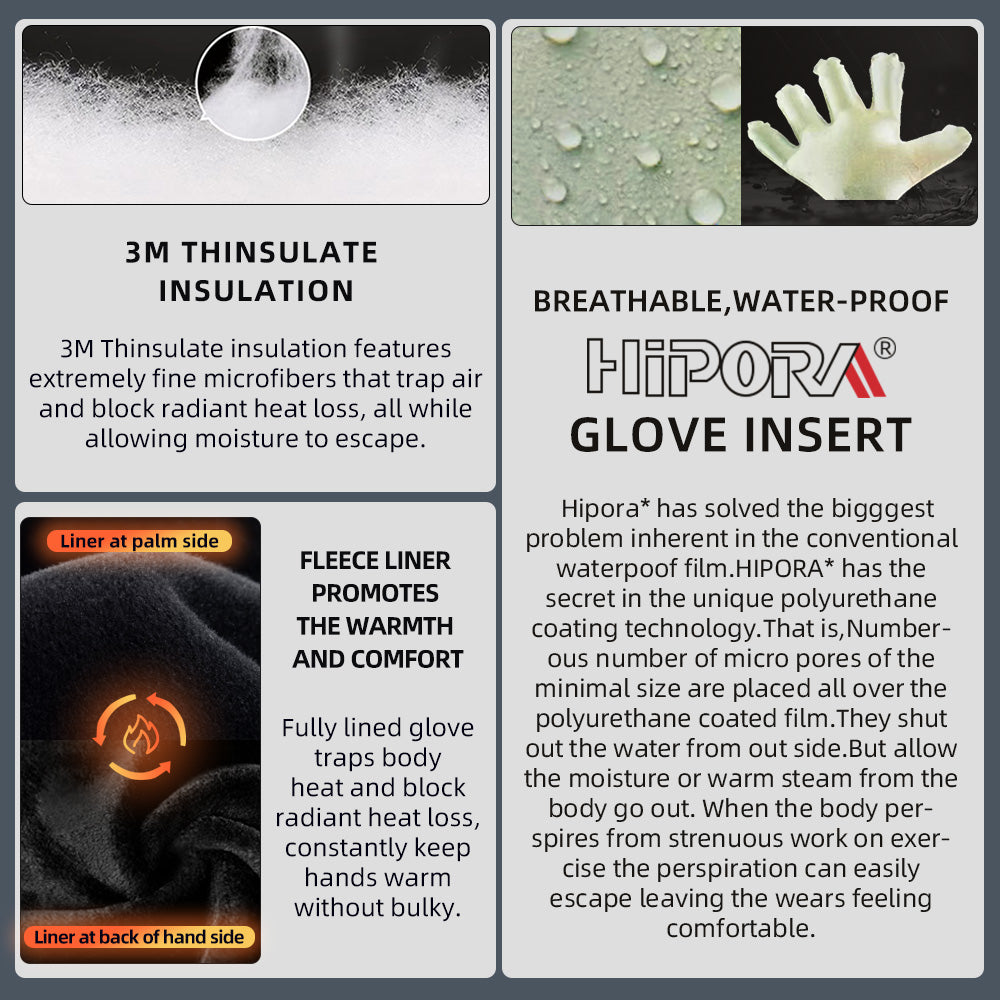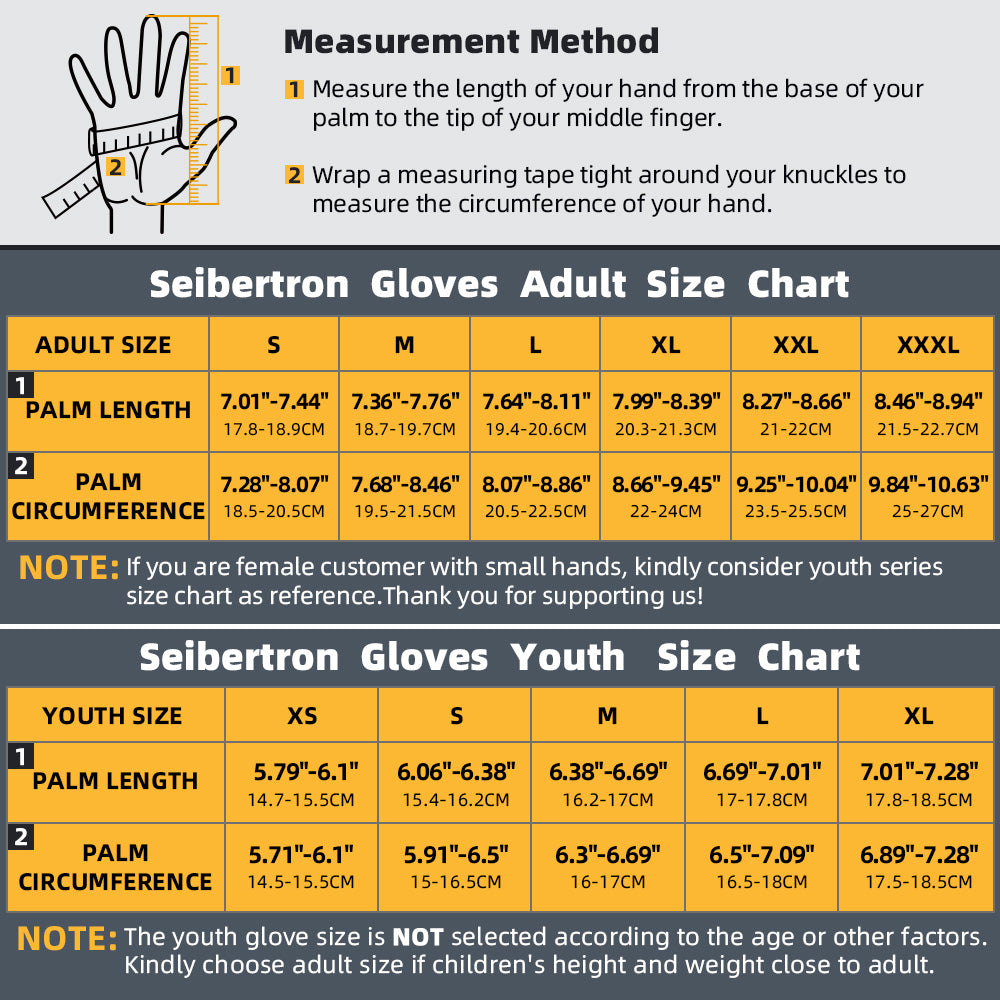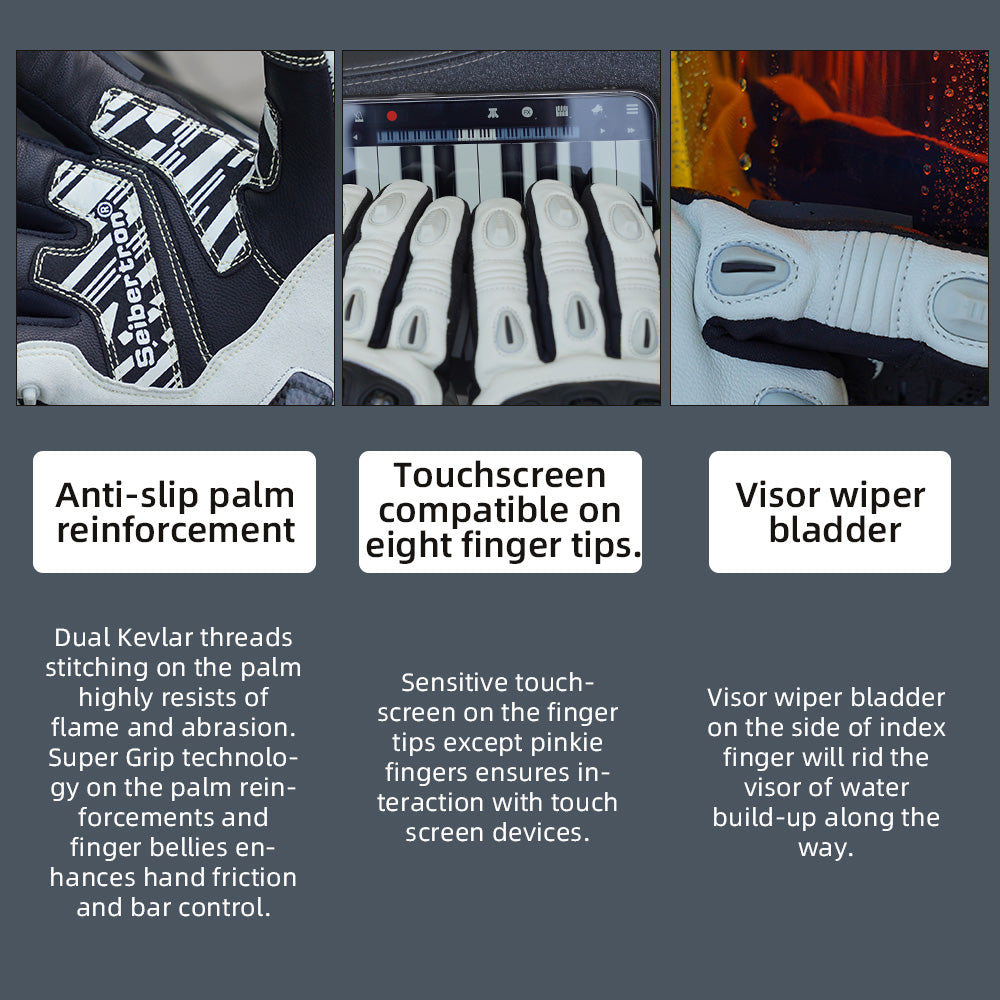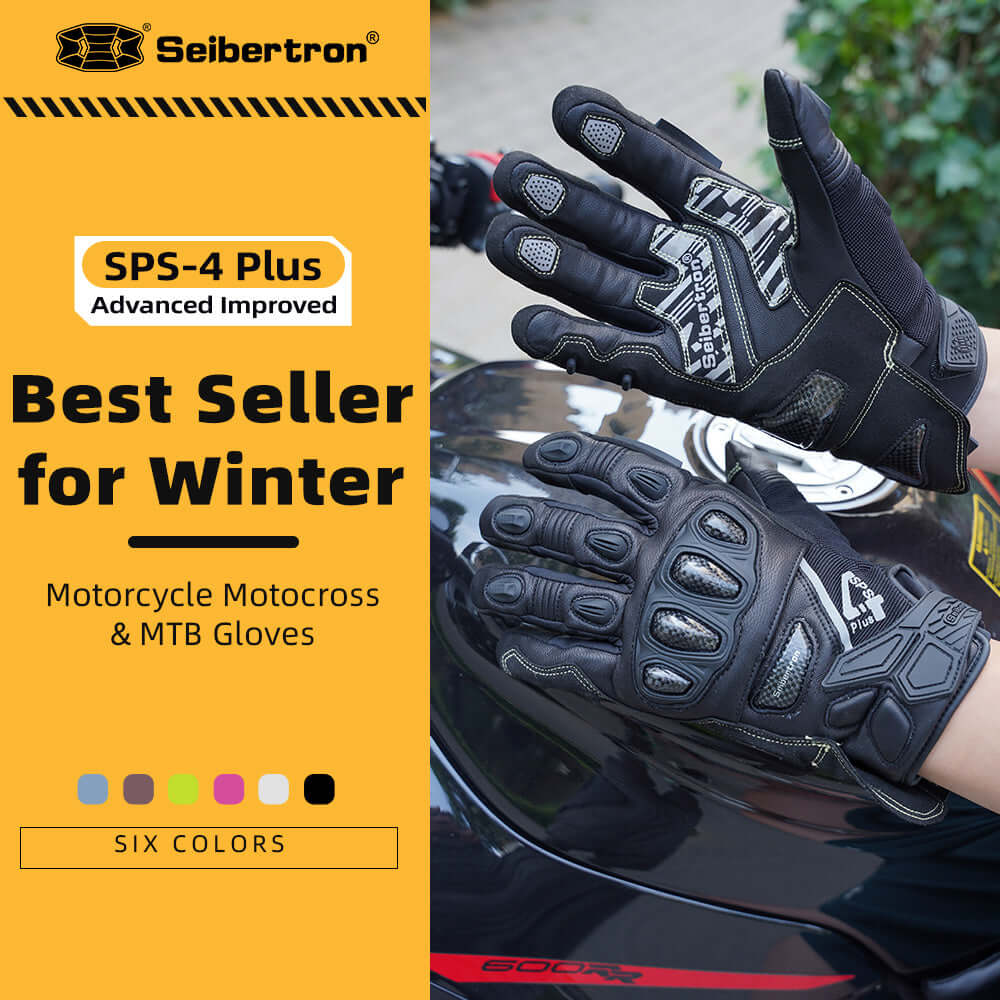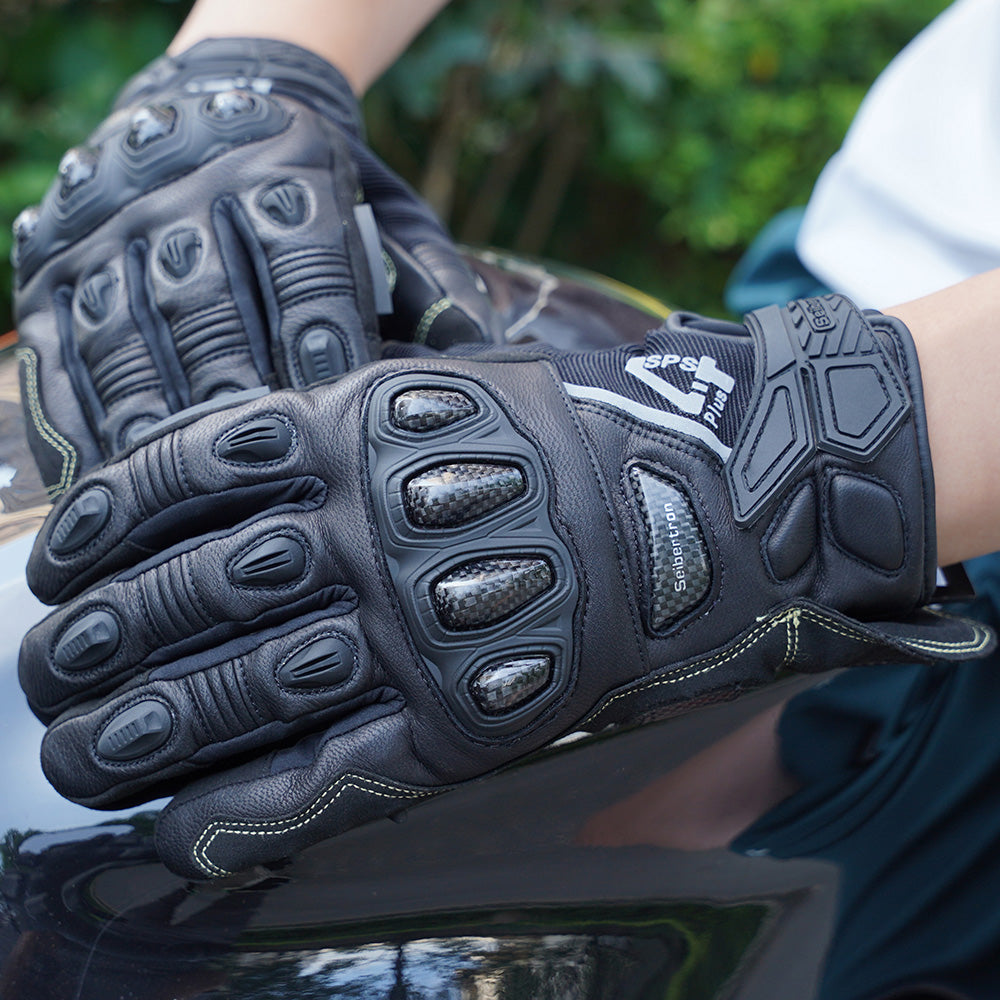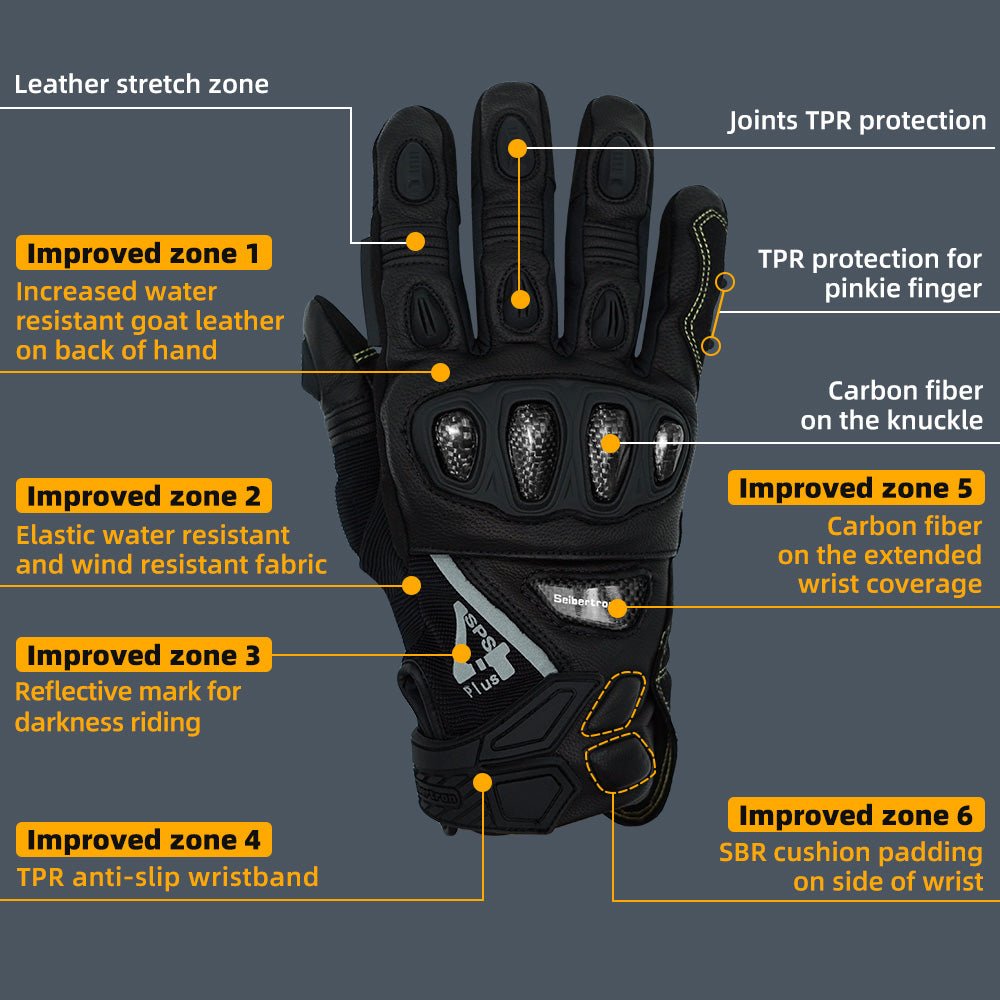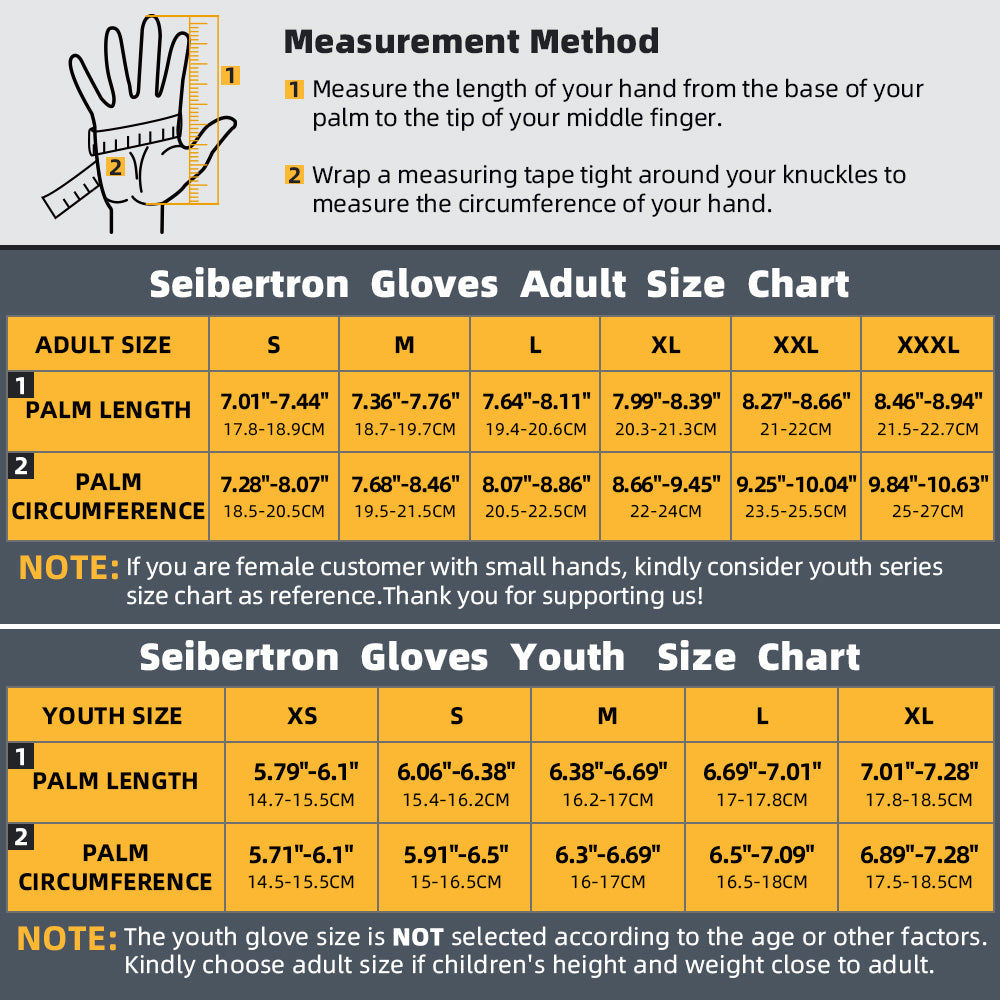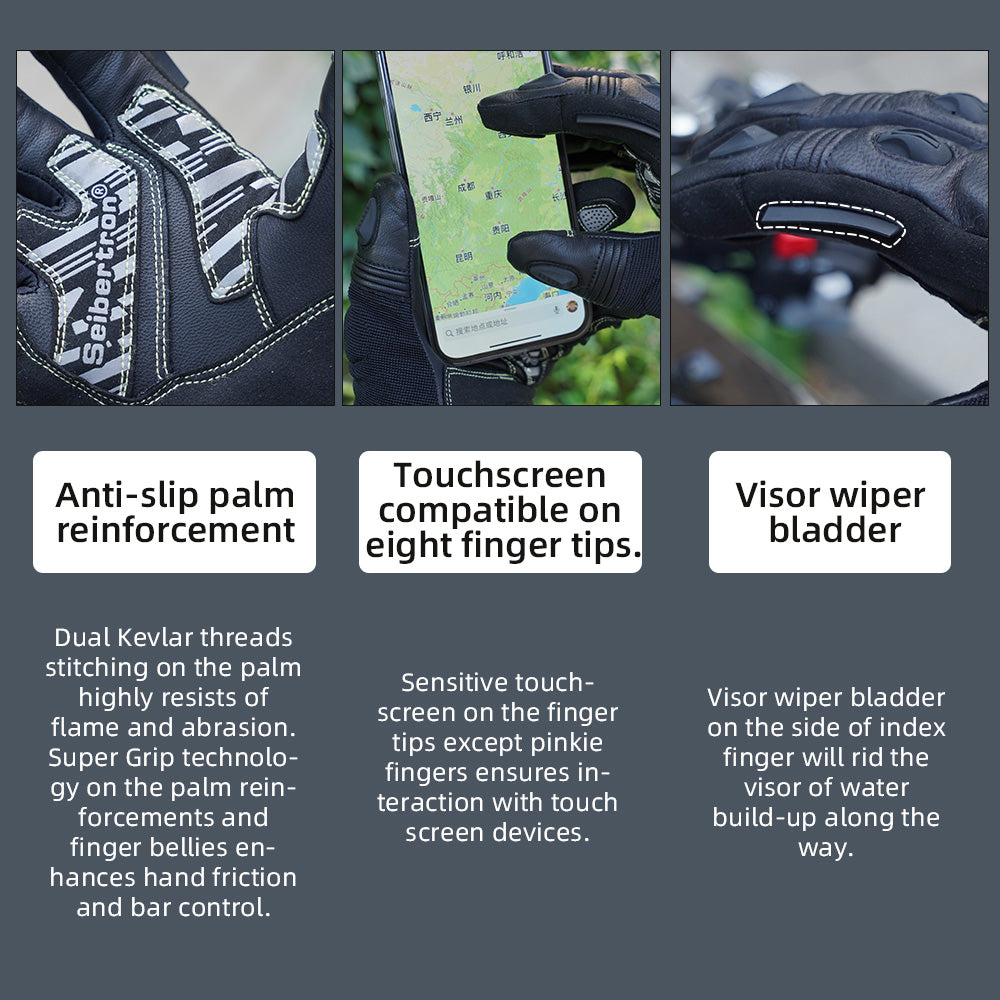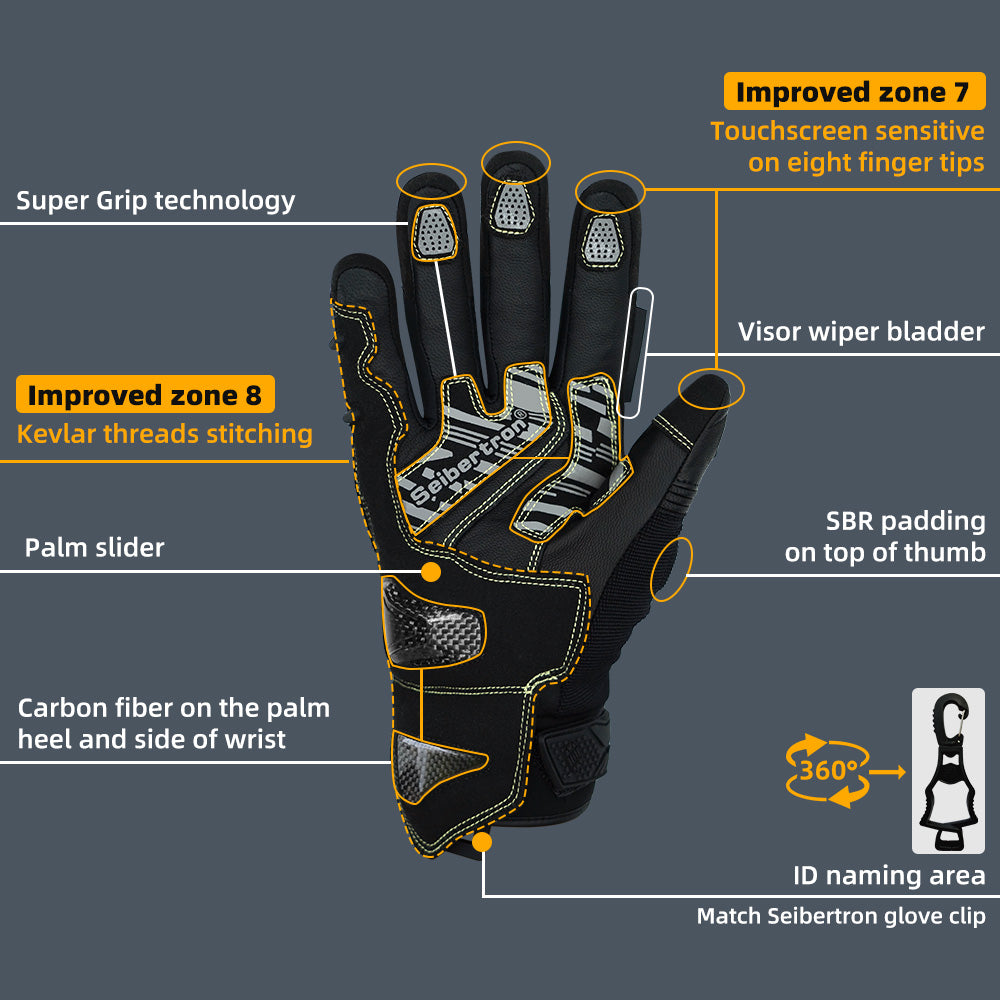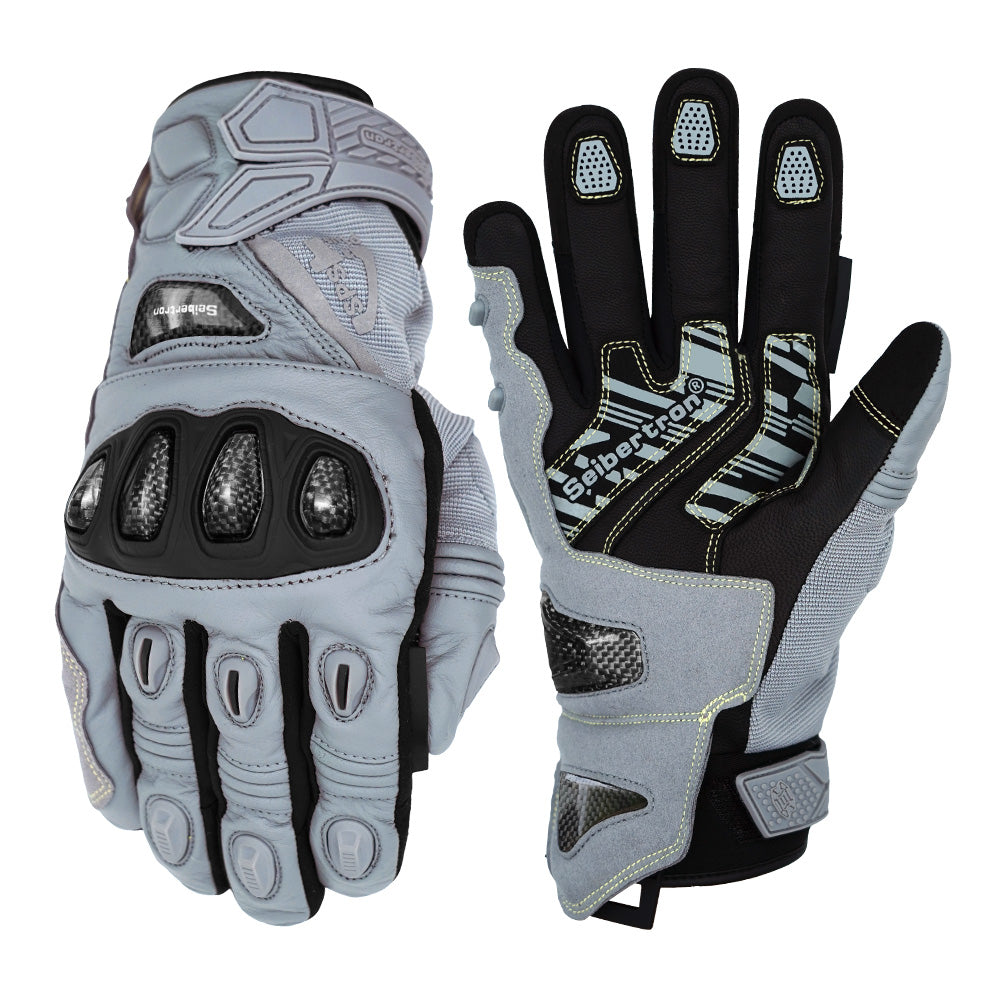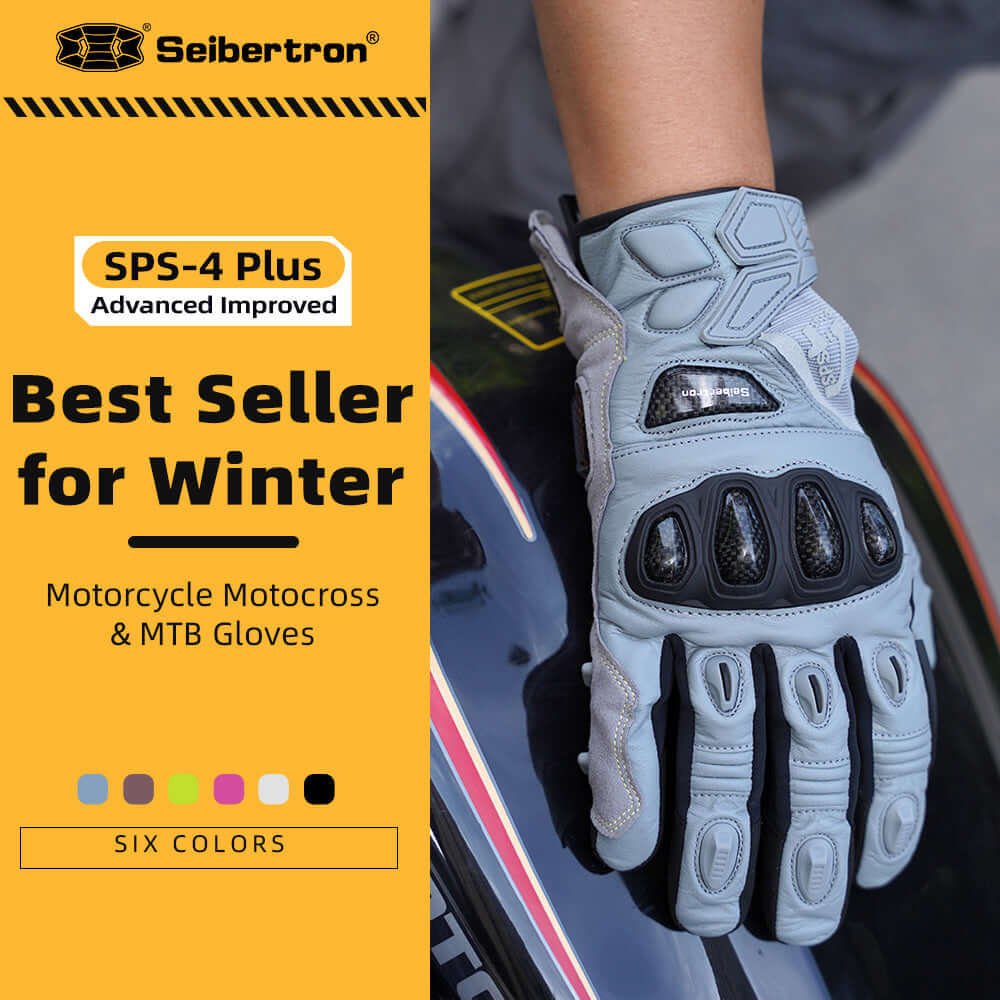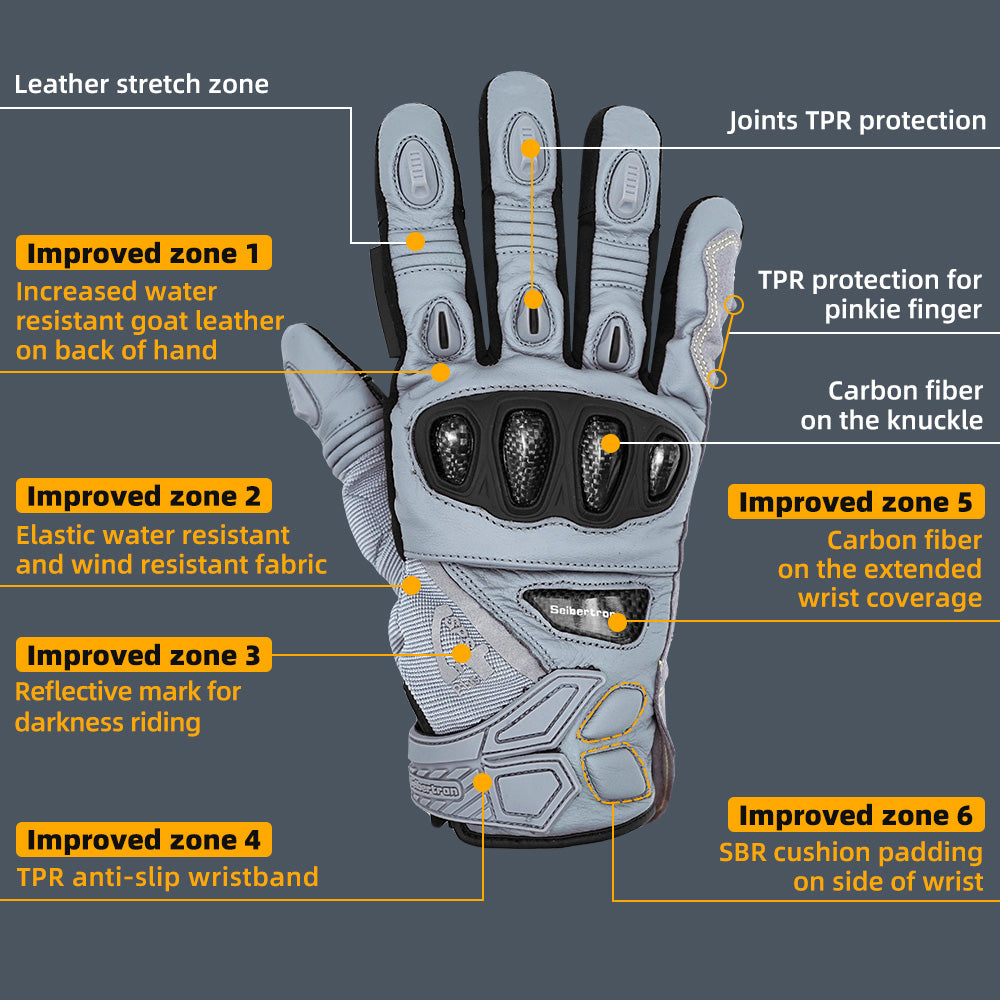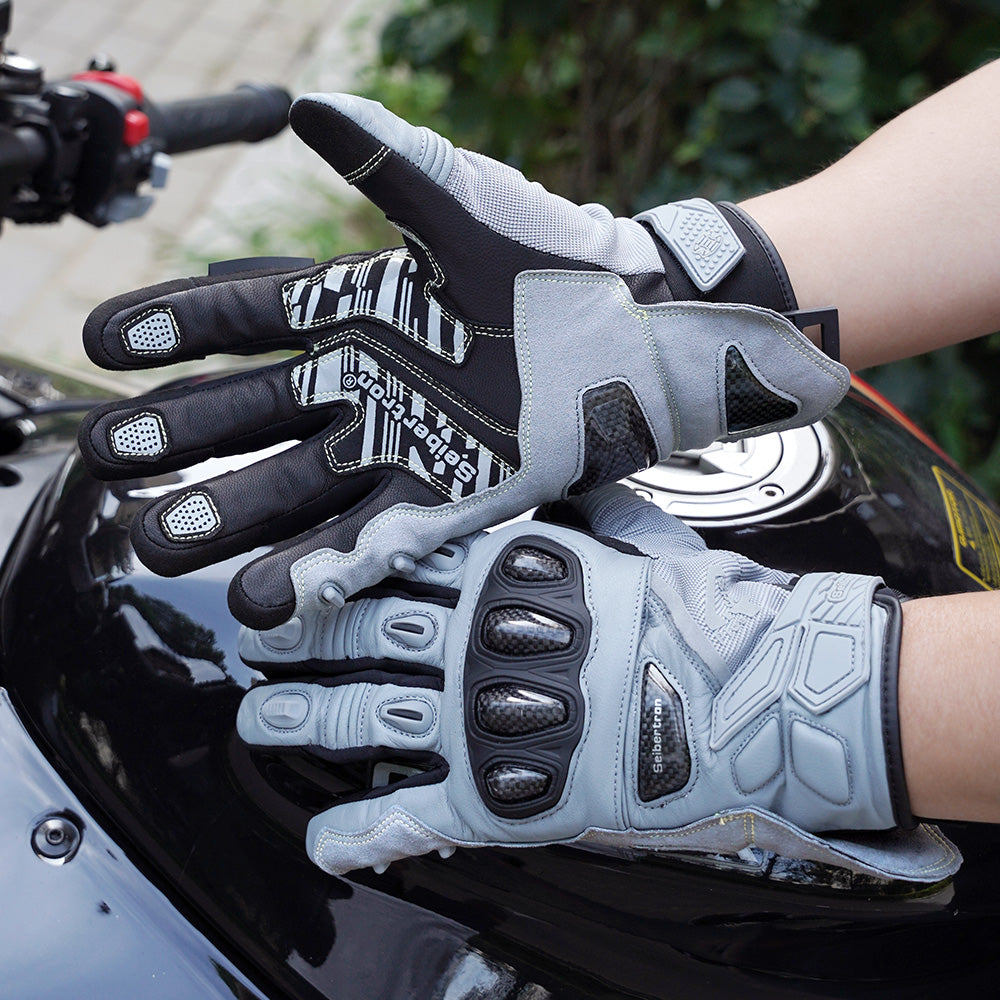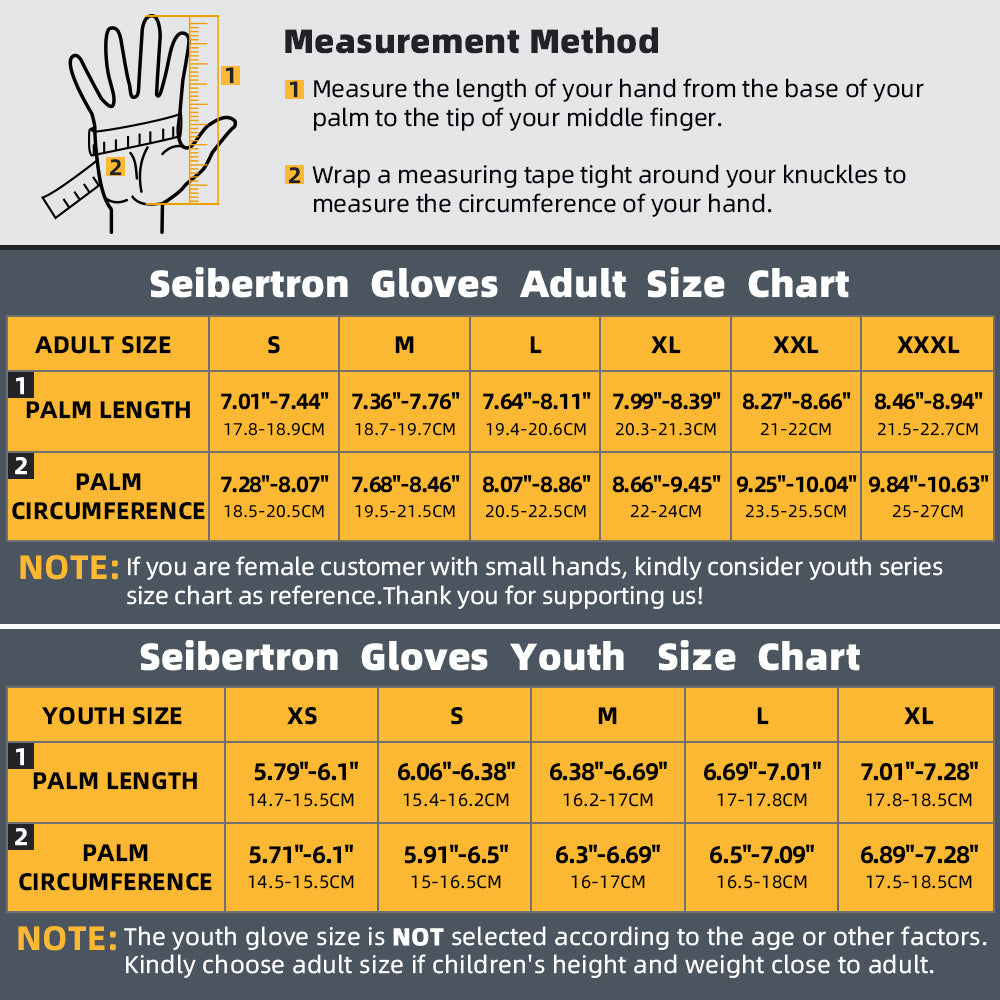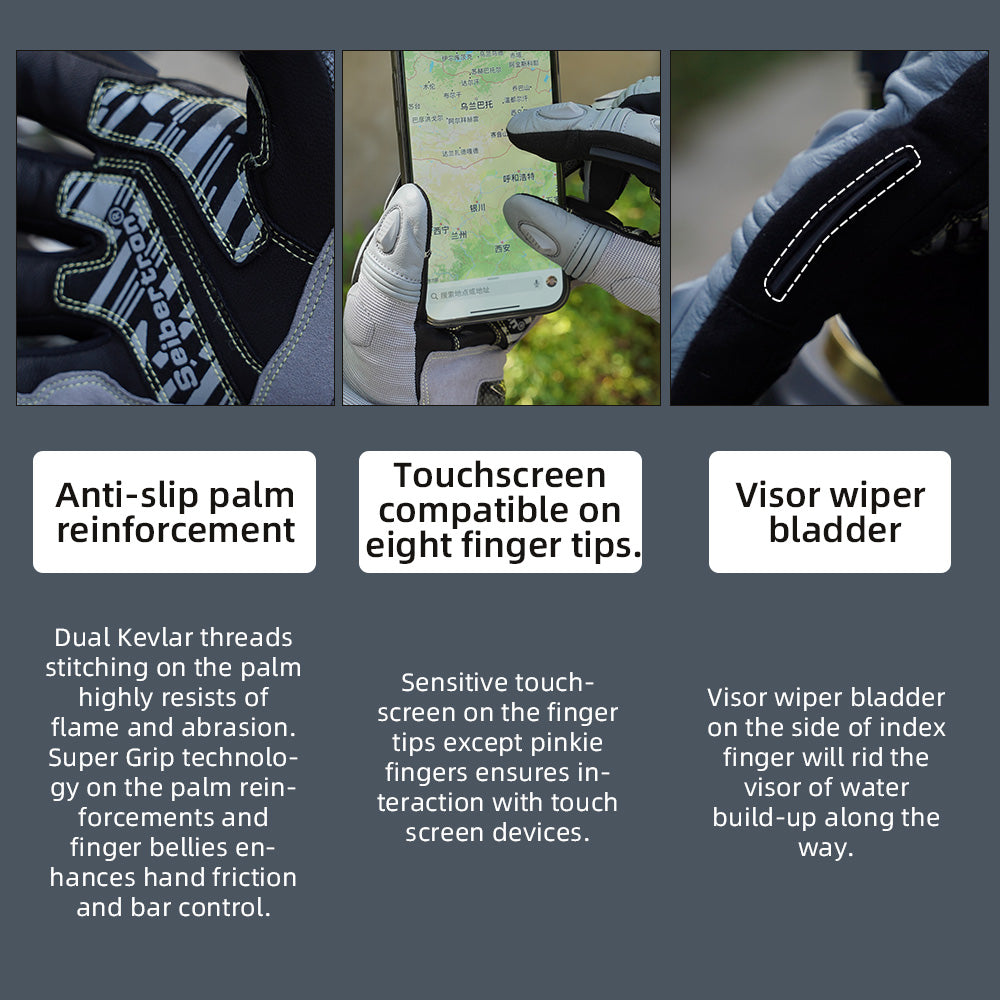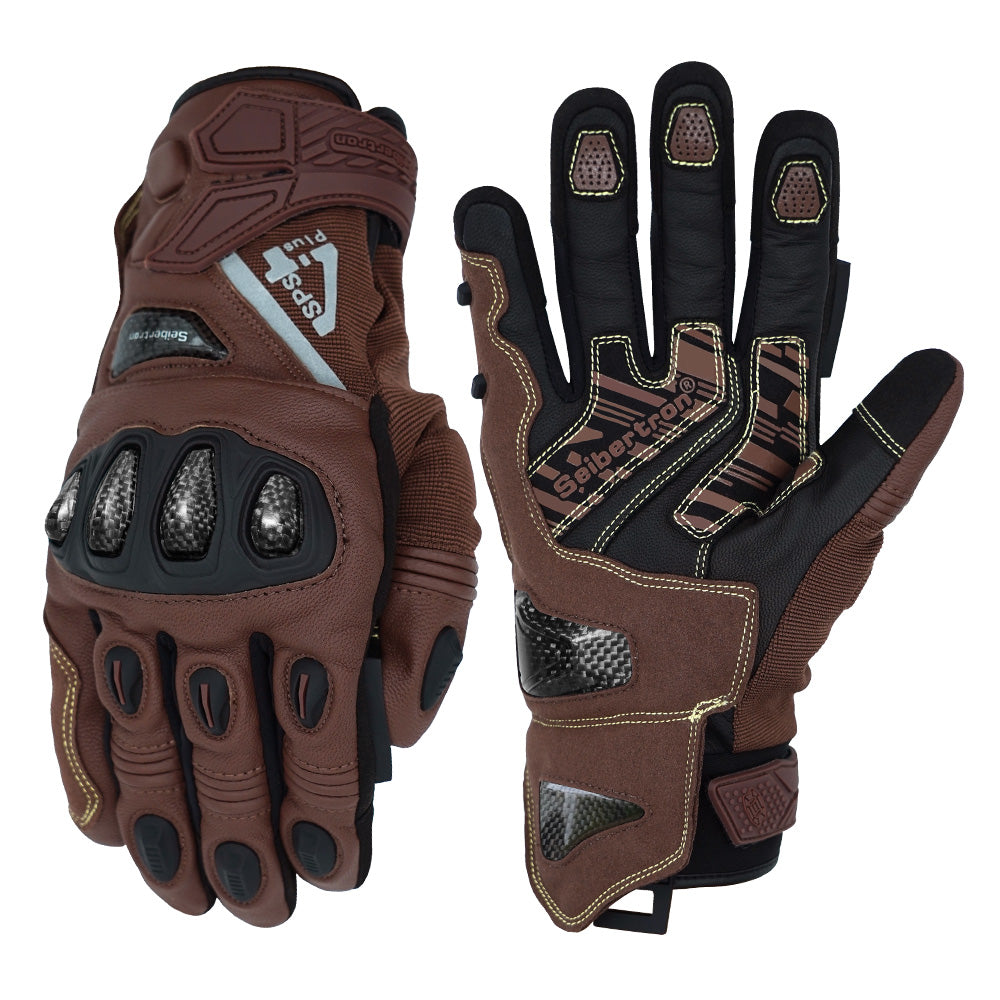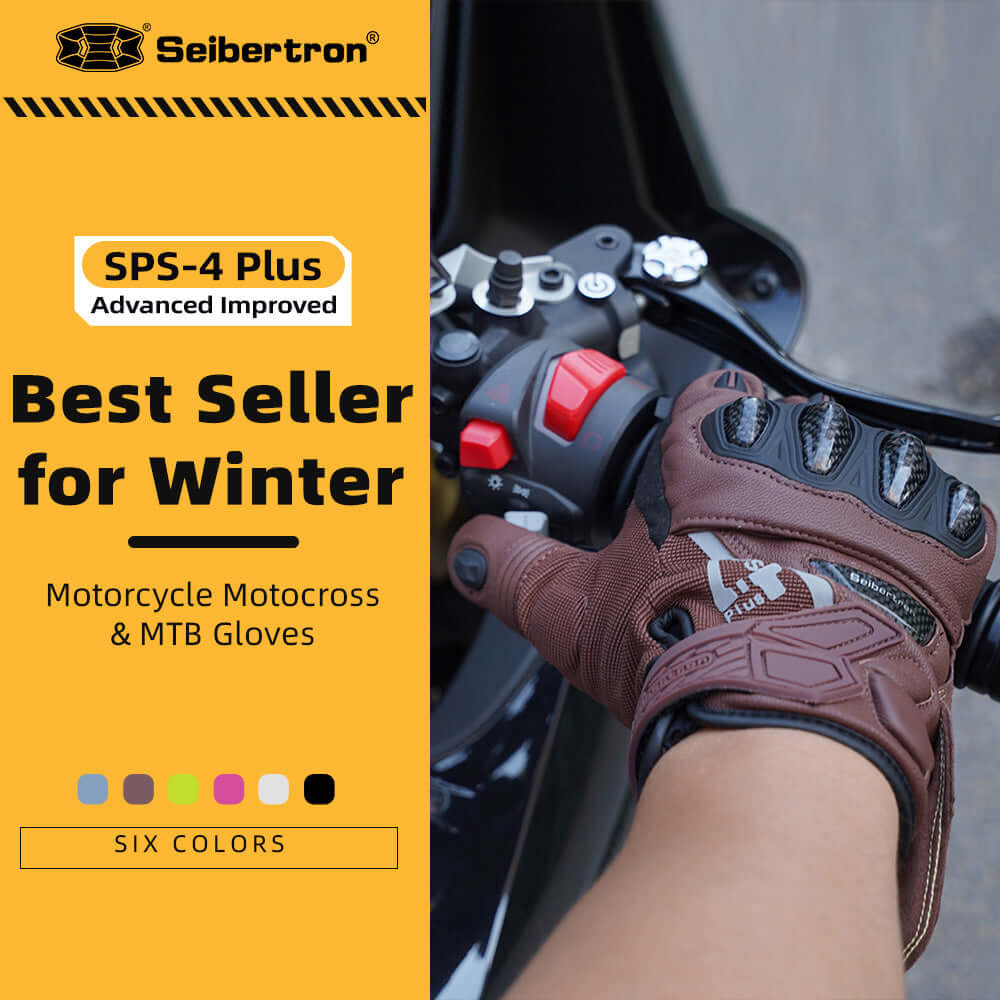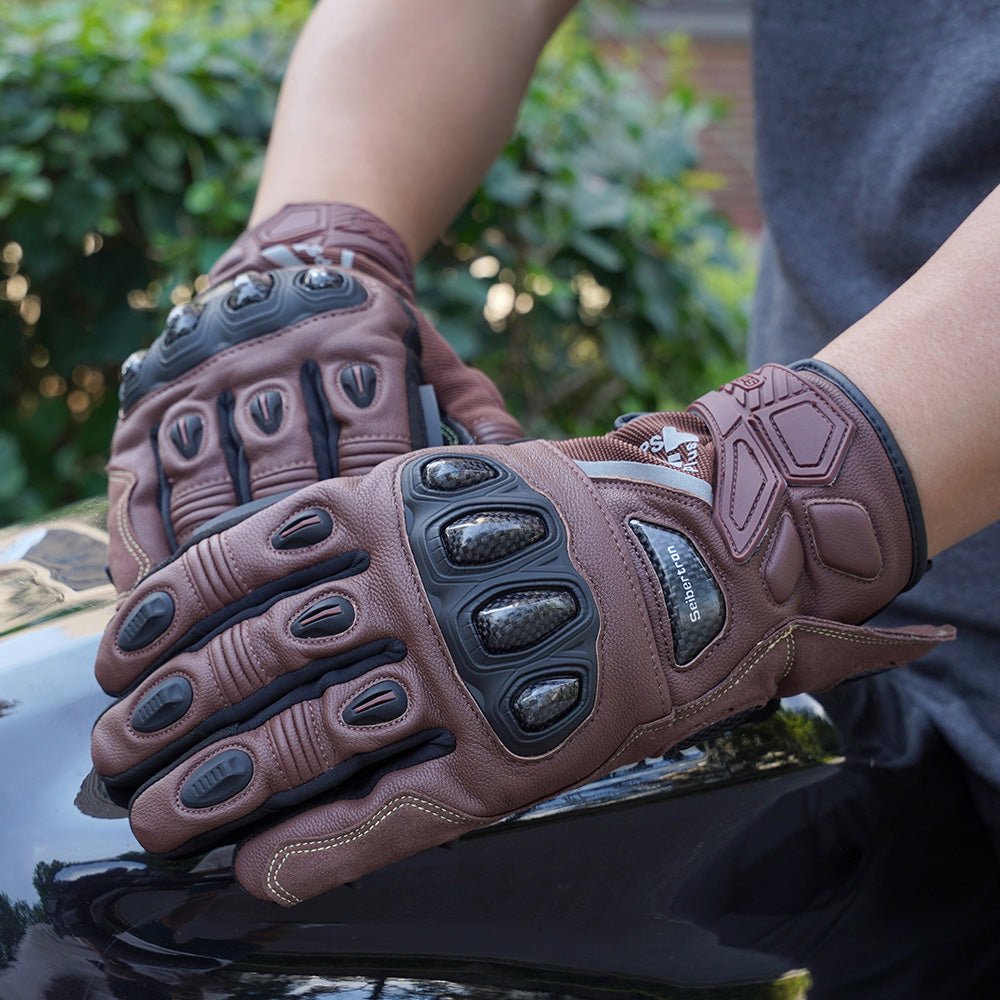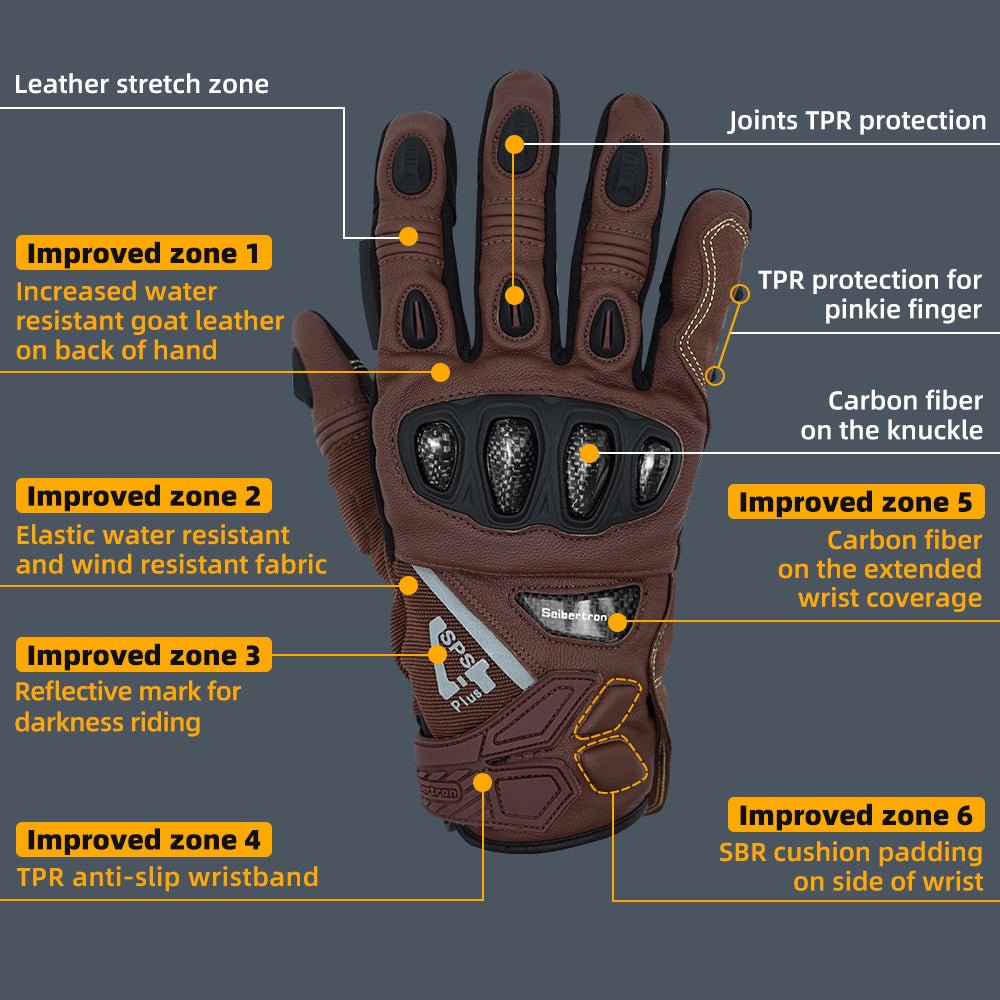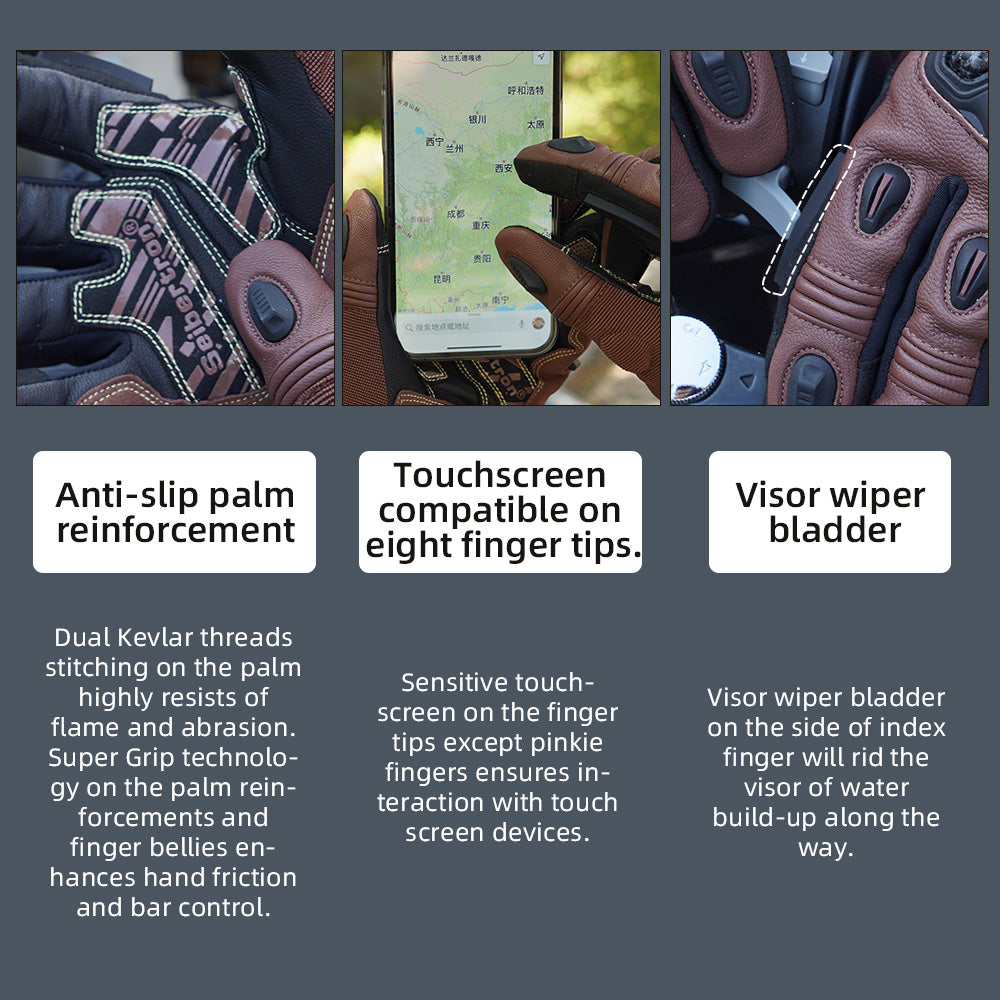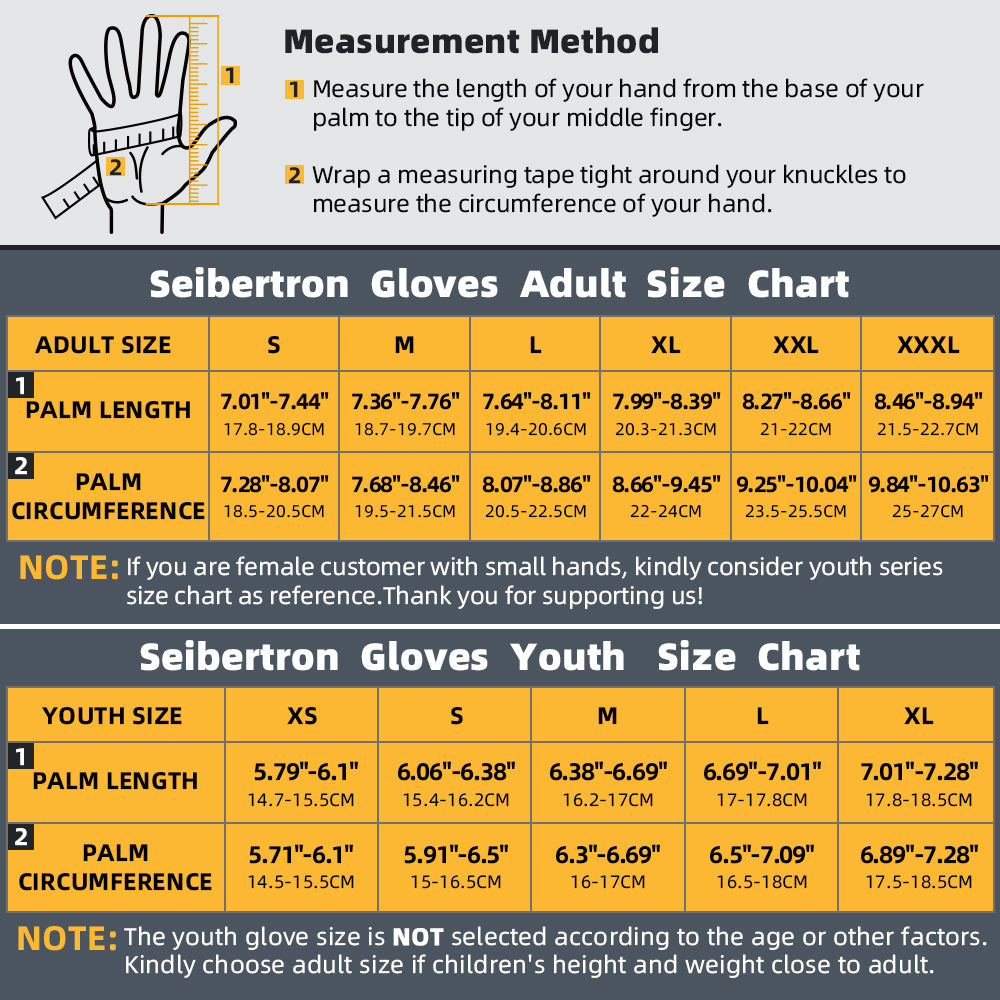What's the Average Moto3 Race Length?
Moto3 represents the entry point to the pinnacle of motorcycle racing, where young talents hone their skills before advancing to Moto2 and eventually MotoGP. As the most accessible class in Grand Prix motorcycle racing, Moto3 provides thrilling action packed with close battles and breathtaking overtakes. Understanding race length is crucial for fans, participants, and teams alike, as it influences everything from race strategy to physical preparation.
In this extensive guide, we'll explore the intricacies of Moto3 race distance analysis, examine the factors that determine race duration, and discuss how proper gear like premium motorcycle gloves for men and riding gloves for women contributes to rider safety and performance. Whether you're an avid spectator or aspiring moto3 rider, this article provides valuable insights into the world of competitive motorcycle racing.
Understanding Moto3 Race Structure
Moto3 represents the junior category in the FIM Grand Prix motorcycle racing championship, serving as the primary development series for future MotoGP stars. These lightweight motorcycles feature 250cc four-stroke engines producing approximately 50 horsepower, allowing for incredibly close racing with large groups of riders battling simultaneously.
Unlike MotoGP where rider aids like traction control dominate, Moto3 machines emphasize raw rider skill with minimal electronic intervention. The combination of lightweight machinery and equally-matched young talents creates perhaps the most exciting and unpredictable racing in the entire moto 3 moto gp championship.
Detailed Analysis of Moto3 Race Length
Key Statistic: The average Moto3 race lasts approximately 37-40 minutes and covers a distance between 95-120 kilometers, varying by circuit characteristics and weather conditions.
Standard Race Distance Parameters
The Fédération Internationale de Motocyclisme (FIM) regulates Moto3 race distances with specific parameters:
| Circuit Type | Race Duration | Lap Count | Total Distance |
|---|---|---|---|
| Standard Circuits | 37-40 minutes | 18-22 laps | 95-110 km |
| Shorter Circuits | 35-38 minutes | 20-24 laps | 85-100 km |
| Longer Circuits | 40-45 minutes | 15-18 laps | 110-120 km |
| Exceptions (Suzuka, etc.) | 45-50 minutes | 12-15 laps | 120-140 km |
Factors Influencing Race Duration
Circuit Layout
Track configuration dramatically impacts lap times and consequently overall race duration. Technical circuits with many corners like Valencia typically yield lap times around 1:38-1:40, while flowing tracks like Mugello see lap times approaching 1:56-1:58. These differences significantly alter the total lap count required to meet duration targets.
Weather Conditions
Wet conditions necessitate reduced speeds and potentially additional caution periods. A wet Moto3 race might extend 3-7 minutes longer than the same event in dry conditions. Extreme weather can even trigger race stoppages and restarts, substantially altering the competitive dynamic.
Incidents & Safety Car
Accidents triggering safety car or red flag periods significantly extend race duration. The 2022 Argentine Grand Prix saw a record-breaking race time of 52 minutes due to multiple incident-related delays, demonstrating how unpredictable factors affect the race clock.
Essential Gear for Moto3 Riders & Enthusiasts
While understanding race logistics is fascinating, rider safety remains paramount. Professional moto3 rider competitors rely on premium protective equipment including specially-designed carbon fiber motorcycle gloves that provide superior impact protection without sacrificing feel and control.
"Your hands are your primary connection to the motorcycle. Protecting them with high-quality gloves is non-negotiable for safety and performance." - Professional Moto3 Engineer
The Evolution of Racing Glove Technology
Modern racing gloves represent a remarkable fusion of protection and precision. Early leather designs have evolved into sophisticated safety systems featuring:
- Carbon Fiber Reinforcements: Providing impact protection at critical points like knuckles and palms
- Advanced Abrasion Resistance: Multi-layer leather construction with Kevlar stitching
- Ergonomic Pre-Curved Design: Reducing fatigue during extended riding sessions
- Touchscreen Compatibility: Modern convenience features
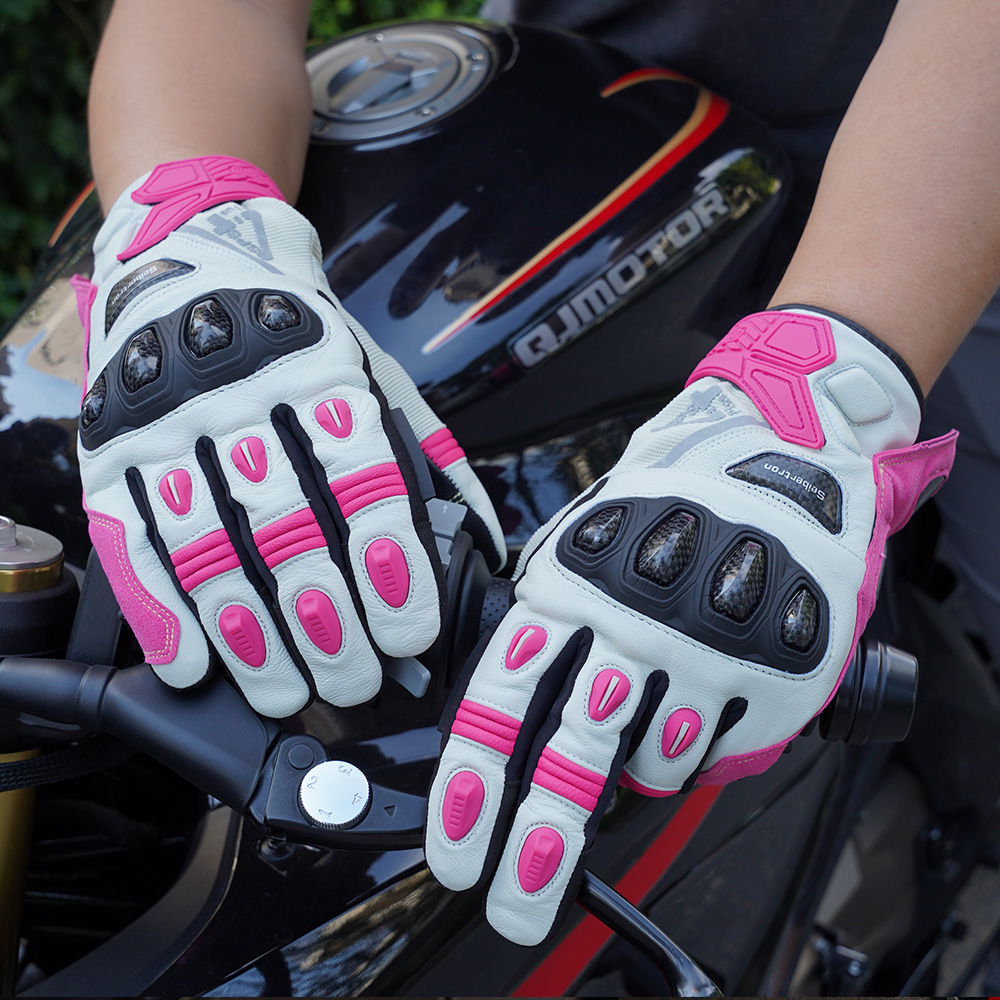
Carbon Fiber Racing Gloves
Premium carbon fiber riding gloves offer unparalleled protection with their strategically placed armored sections. These men carbon fiber gloves combine CE-certified safety with exceptional comfort for track and street use.
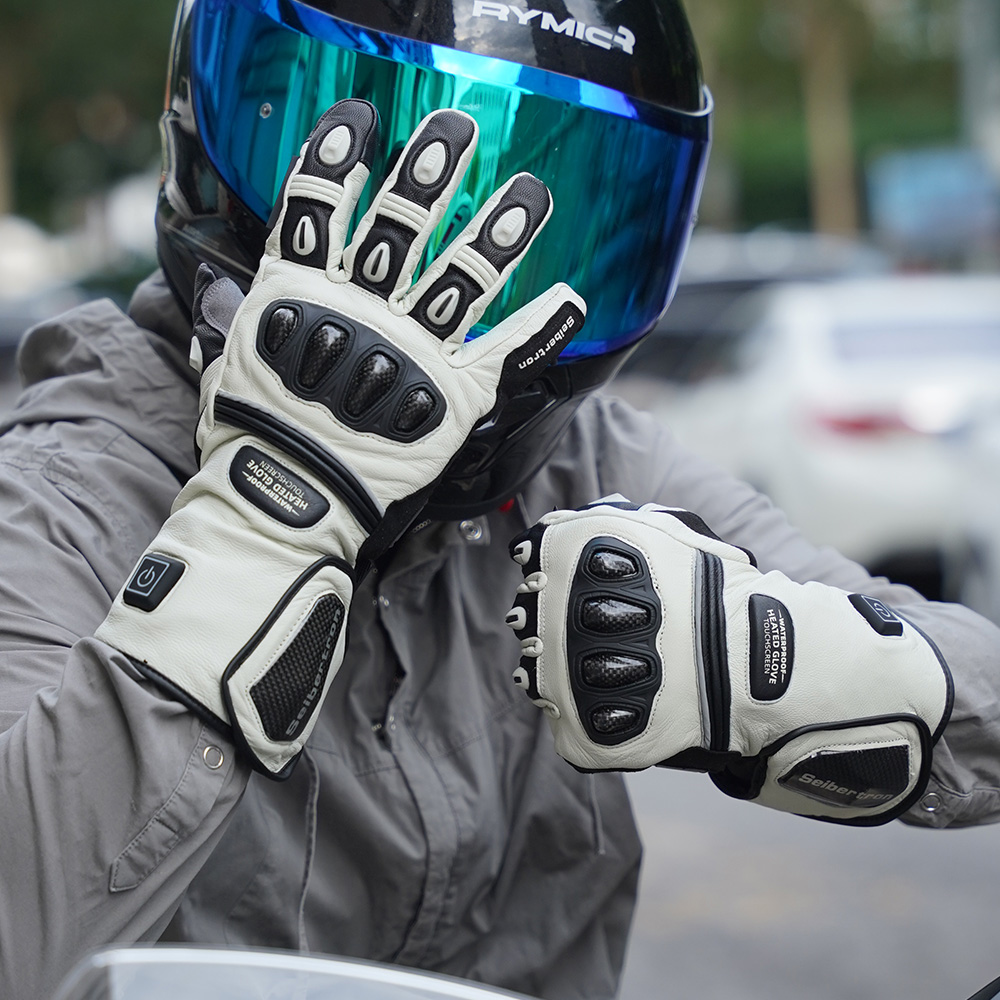
Heated Riding Gloves
Advanced women's heated motorcycle gloves integrate heating elements powered by rechargeable batteries. These heated motorcycle gloves maintain circulation and dexterity in cold conditions, offering triple-digit temperature settings.
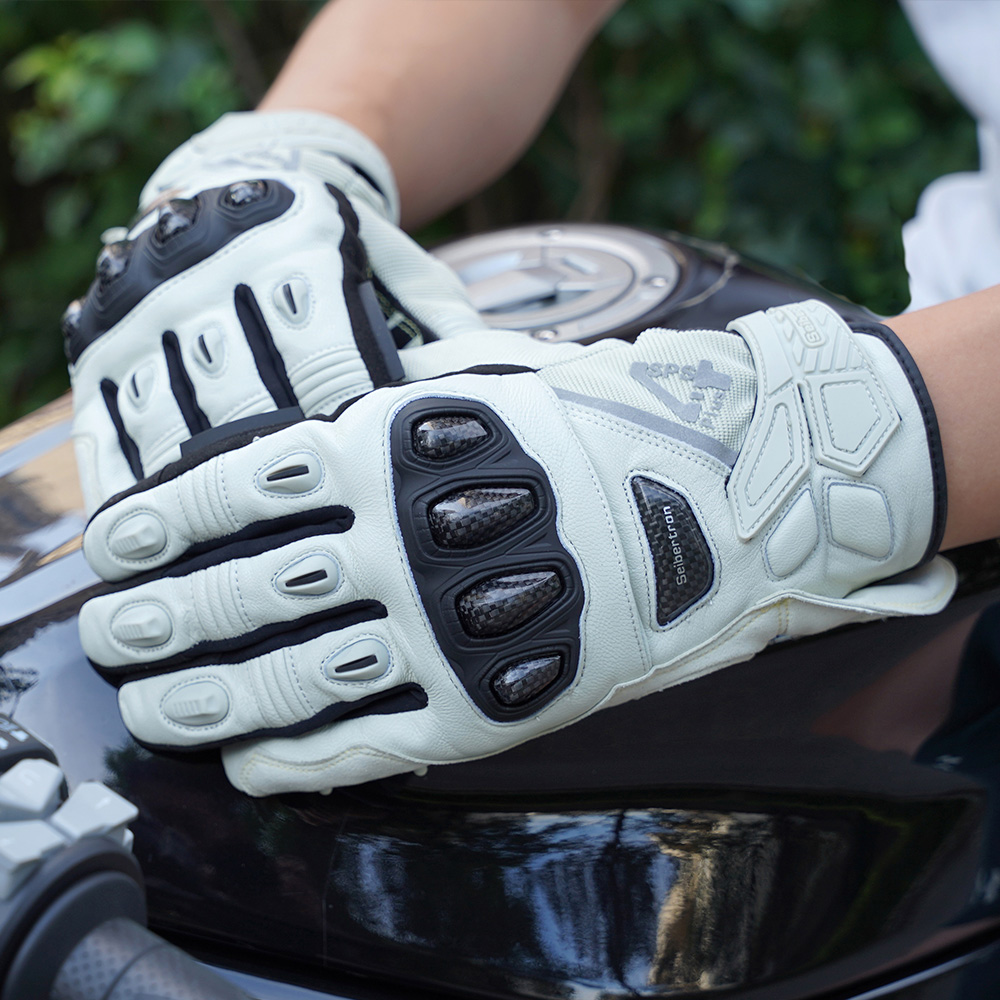
Waterproof Protection
Professional-grade waterproof motorcycle gloves use advanced membrane technology to keep hands dry in heavy rain. Ideal for moto winter gloves use, they combine waterproofing with breathability to prevent sweat accumulation.
Seasonal Considerations for Motorcycle Gloves
Winter Riding Solutions
When temperatures drop, specialized winter moto gloves become essential equipment. Unlike standard gloves, winter-specific designs incorporate:
- Insulated linings that trap warmth without excessive bulk
- Extended cuffs that seal out wind intrusion into sleeves
- Waterproof yet breathable membranes
- Enhanced grip patterns for control in wet conditions
For extreme conditions, moto winter gloves with integrated heating systems provide the ultimate solution. These technologically advanced gloves maintain consistent warmth down to sub-freezing temperatures.
Gender-Specific Design Innovations
Proper fit is crucial for safety and comfort, leading manufacturers to develop specifically engineered riding gloves for women. Key differences in women motorcycle gloves include:
| Feature | Women's Gloves | Men's Gloves |
|---|---|---|
| Hand Proportion | Narrower palm, shorter fingers | Broader palm, longer fingers |
| Wrist Design | Smaller circumference | Larger circumference |
| Flex Zones | Tailored to female grip patterns | Tailored to male grip patterns |
| Color Options | Typically wider range | More limited palette |
Premium Protection for Every Rider
Explore our collection of CE-certified motorcycle gloves engineered for track performance and street safety. Whether you need carbon fiber leather gloves for maximum protection or specialized women's heated motorcycle gloves for cold weather touring, we have the perfect solution.
Shop CE-Certified GlovesConclusion: Understanding Moto3 for Racing Enthusiasts
The typical Moto3 race represents an expertly balanced challenge lasting approximately 37-40 minutes over 95-120 kilometers – long enough to test rider endurance and strategy, yet compact enough to deliver intense, action-packed racing. This careful calibration serves as the perfect training ground for the next generation of elite riders.
Beyond the technical specifications, success in Moto3 requires comprehensive preparation including selecting proper protective gear. Premium Seibertron moto gloves provide the critical hand protection essential for competitive riding at any level. From advanced carbon fiber riding gloves to specialized moto winter gloves, the right equipment enhances both safety and performance.
Frequently Asked Questions: Moto Glove Care & Selection
How often should I replace my motorcycle gloves?
Motorcycle gloves should be replaced every 2-3 years with regular use, or immediately after any impact event. Signs of needed replacement include visible abrasion damage, seam separation, compromised waterproofing, hardened leather, and padding deterioration. High-quality carbon fiber leather gloves often feature replaceable palm sliders to extend their usable lifespan.
Can I wash my motorcycle gloves?
Leather motorcycle gloves require specialized cleaning to avoid damaging protective treatments. Use a soft brush to remove surface dirt, then apply a small amount of leather cleaner with a damp cloth. Never submerge gloves completely or machine wash them. For textile and mesh gloves, follow manufacturer instructions – some are machine washable at low temperatures. Always air dry away from direct heat sources.
How should motorcycle gloves fit properly?
Properly fitting motorcycle gloves should feel snug but not restrictive. When making a fist, the material shouldn't bind or create pressure points. There should be no excess material at the fingertips (max 5mm). The wrist closure should be secure without compromising circulation. Remember that leather gloves will stretch up to 10% with use, so new gloves should feel slightly tight initially.
What certification should I look for in motorcycle gloves?
Always choose gloves meeting at least CE Level 1 certification (EN 13594:2015). Our CE-certified leather motorcycle gloves exceed these requirements with strategic reinforcements at critical impact zones.
Are heated gloves safe for motorcycle use?
When properly designed for motorcycle applications, heated gloves are perfectly safe. Our heated motorcycle gloves feature multiple safety mechanisms including automatic shutoff timers, low-voltage cutoff, and thermal regulators. The heating elements are strategically placed to avoid creating pressure points and are CE-certified for motorcycle use. Always ensure heated gloves have appropriate abrasion resistance certification.


